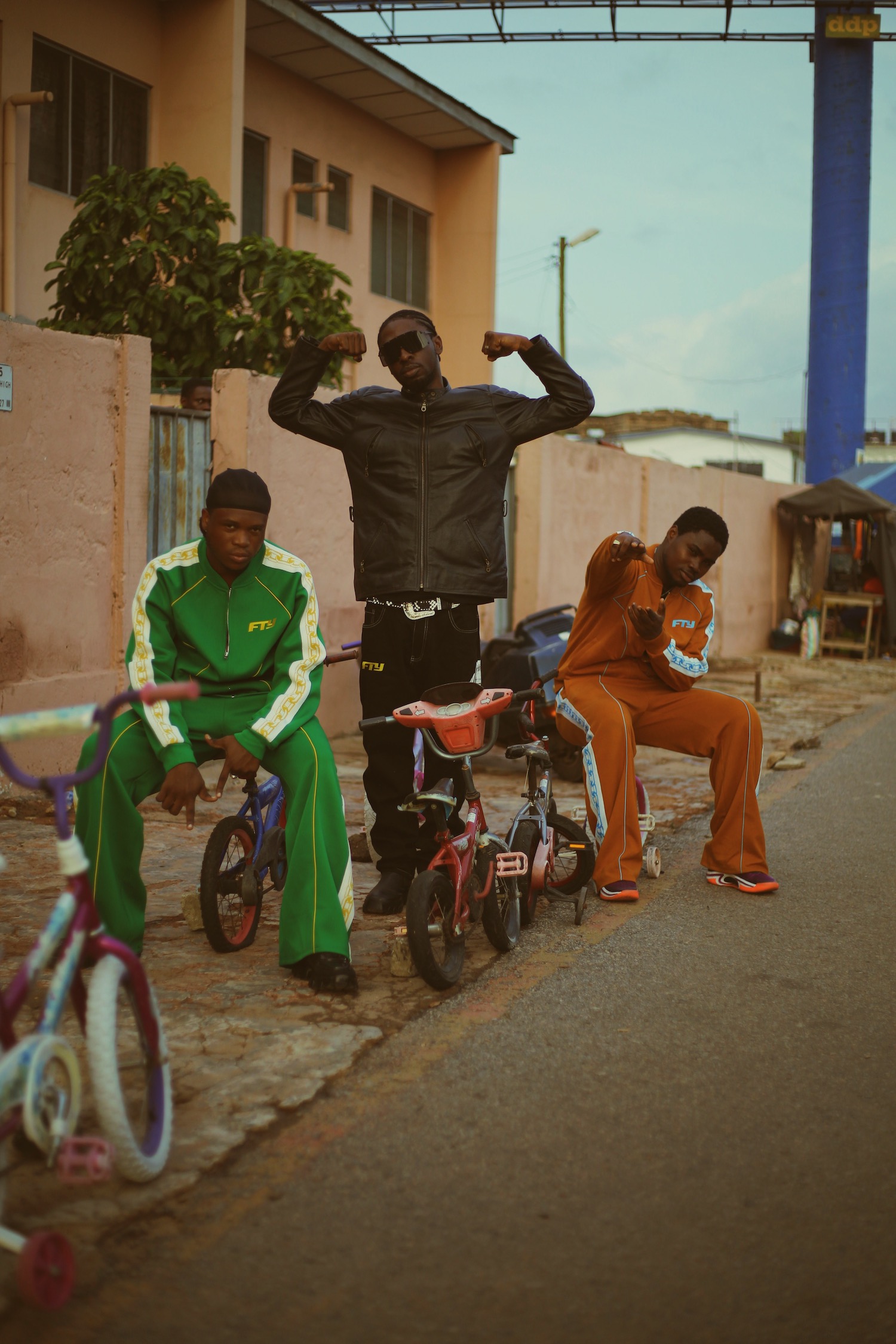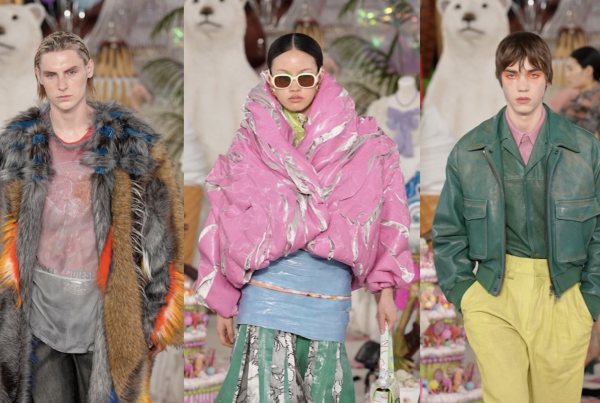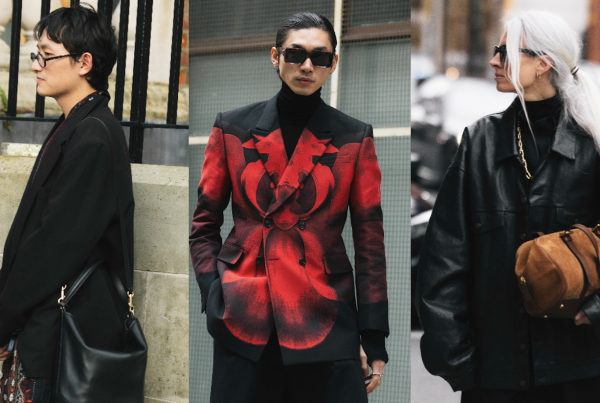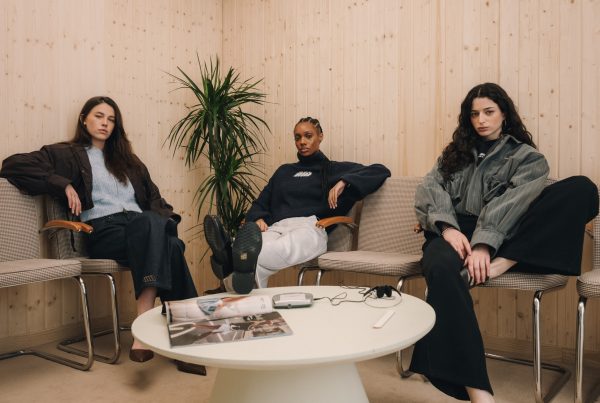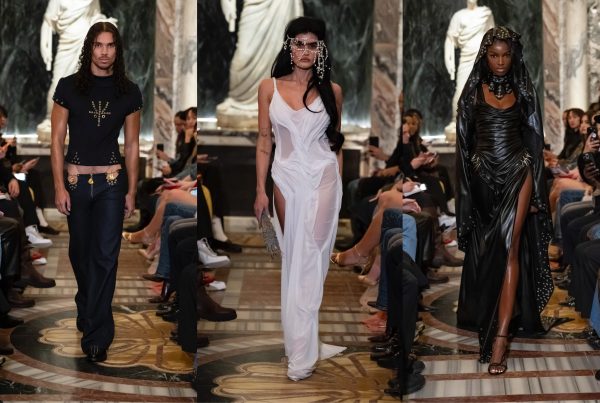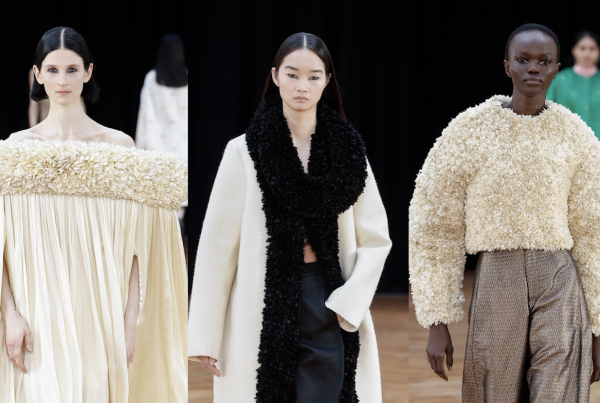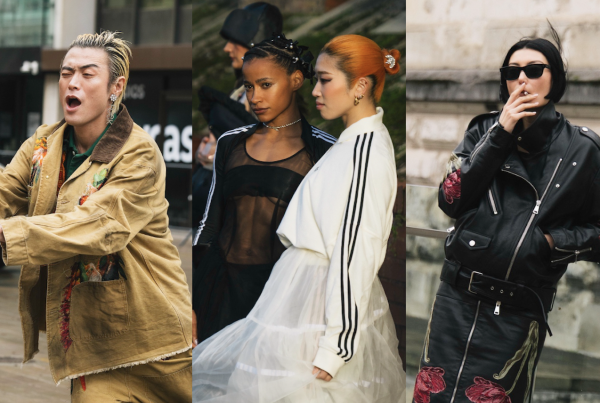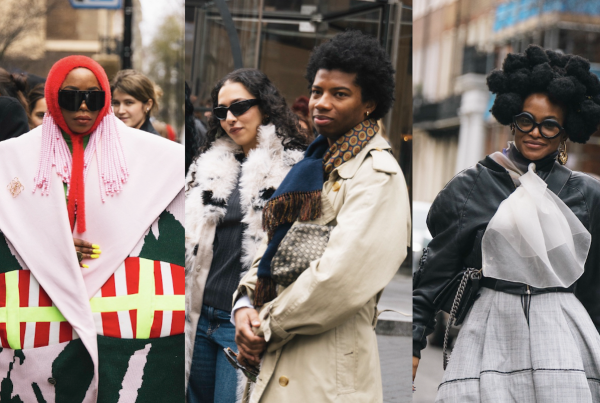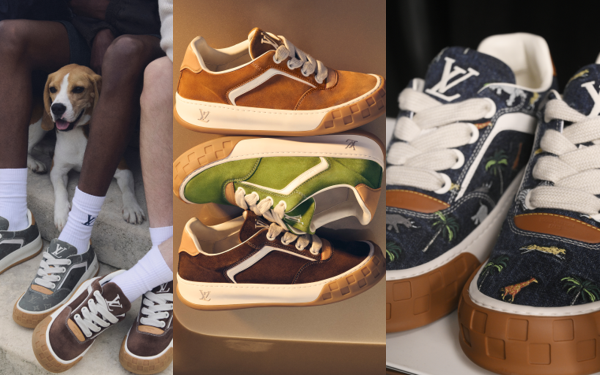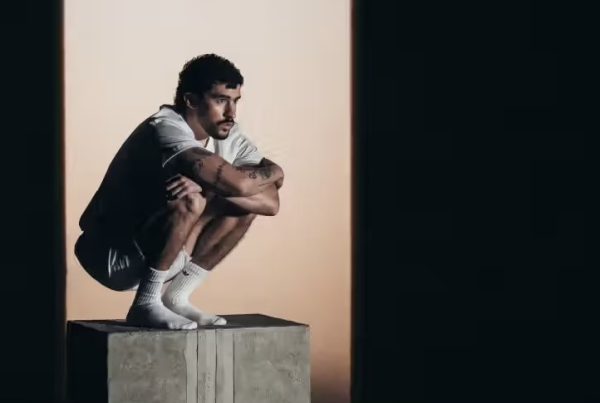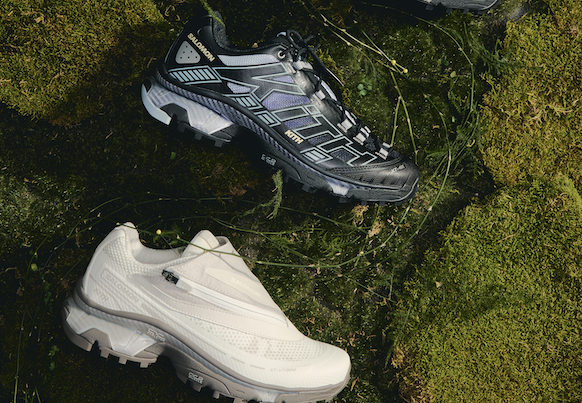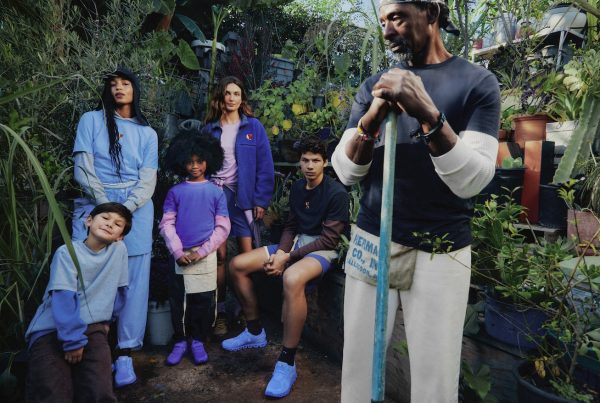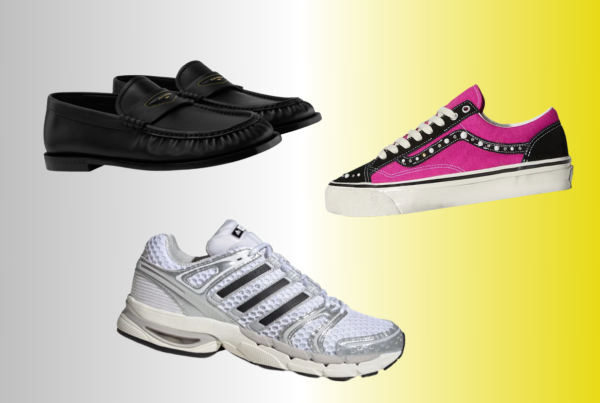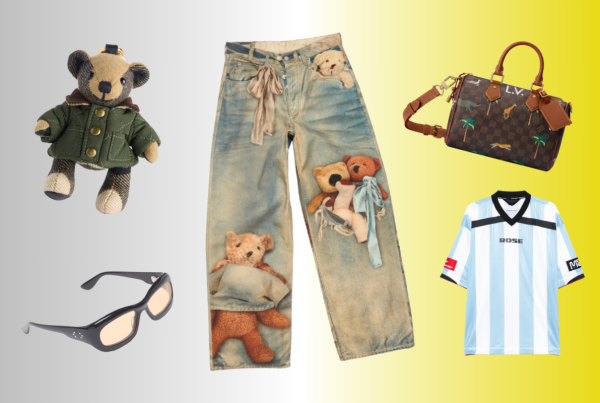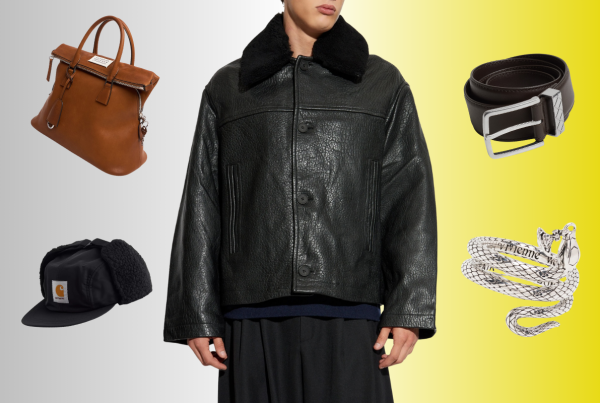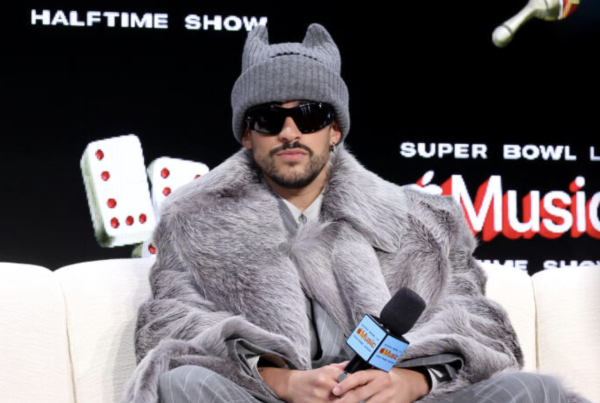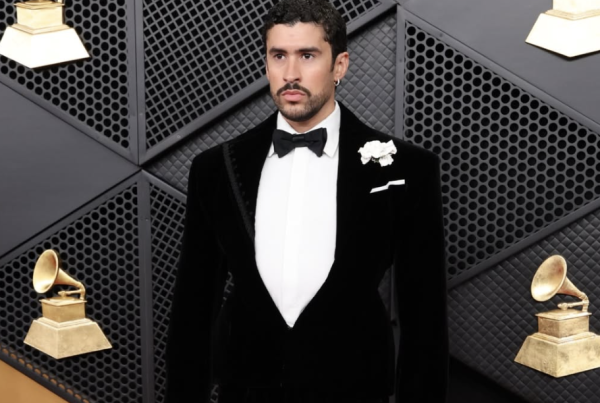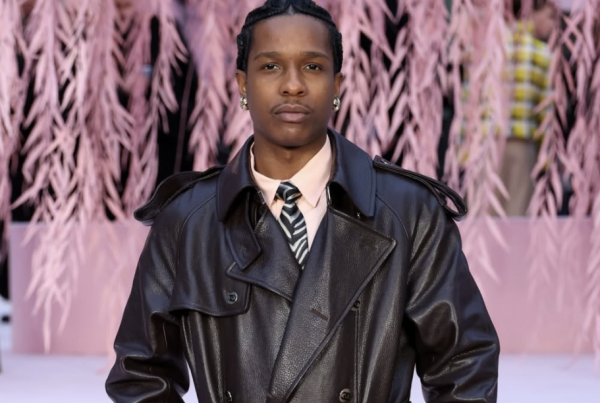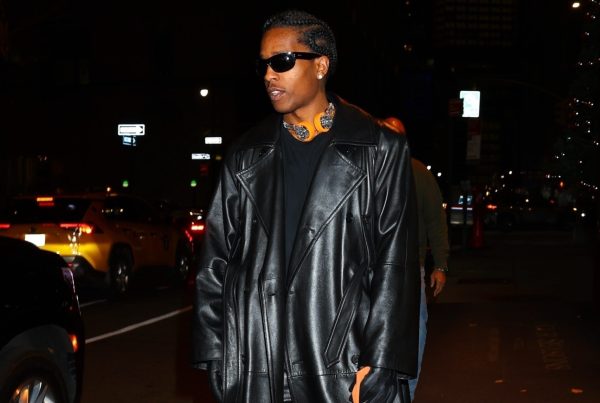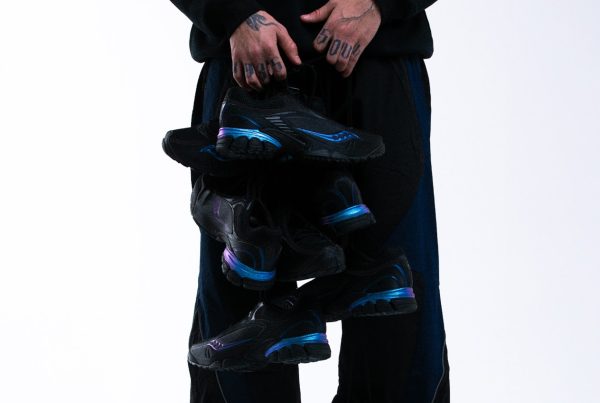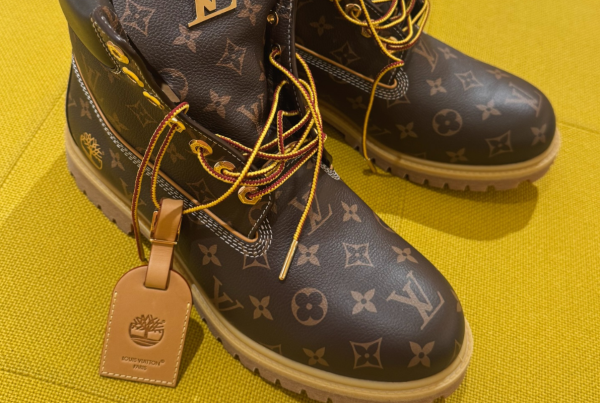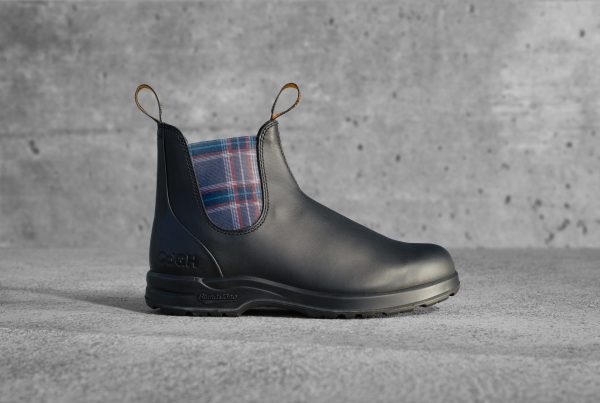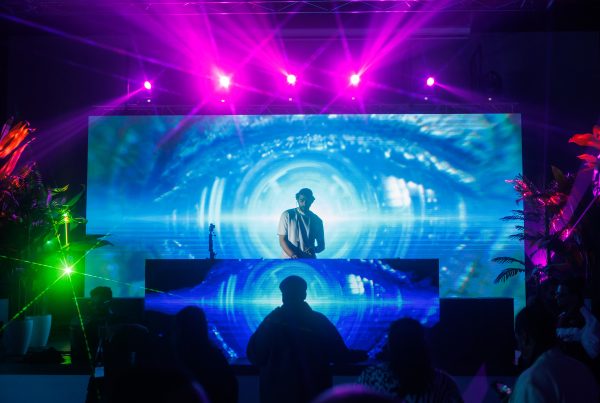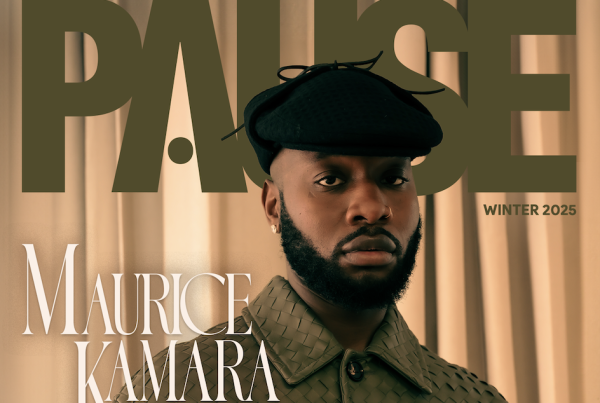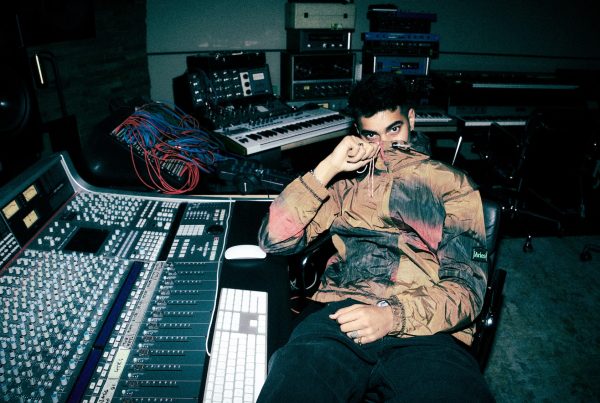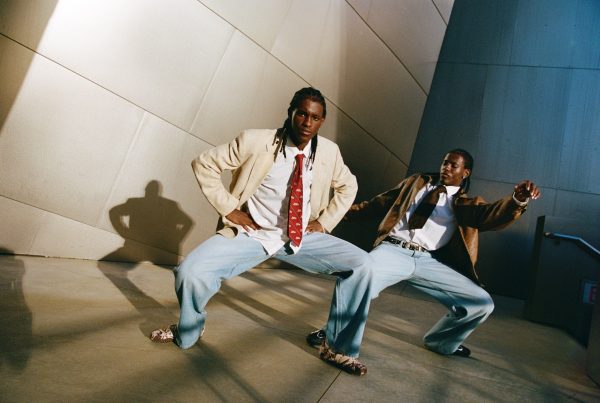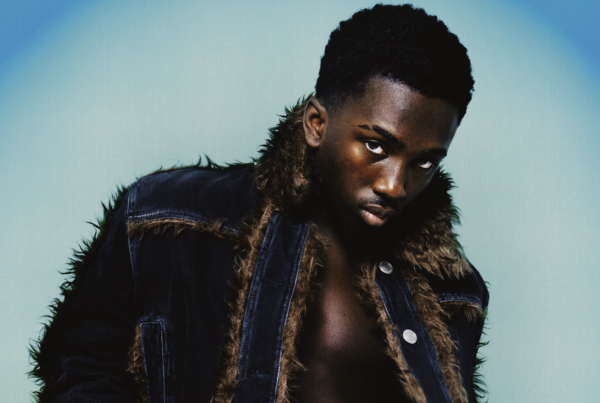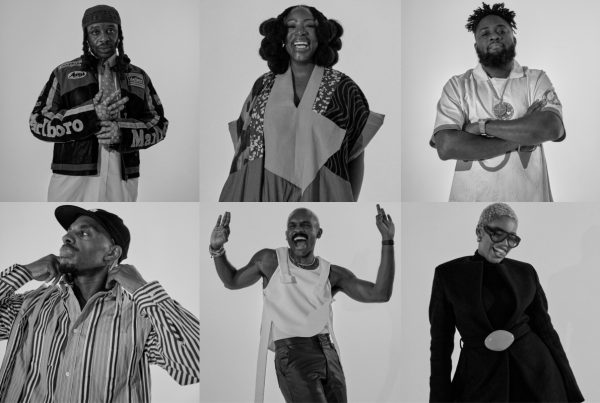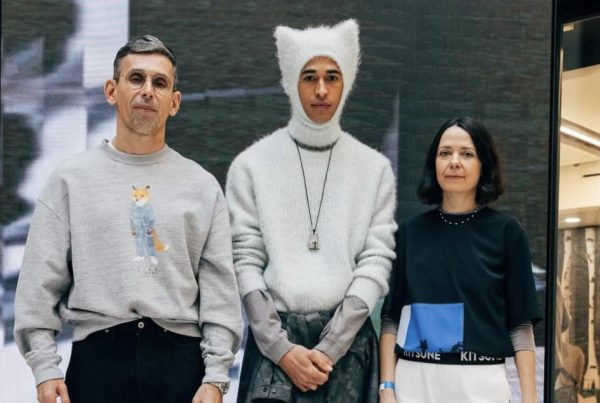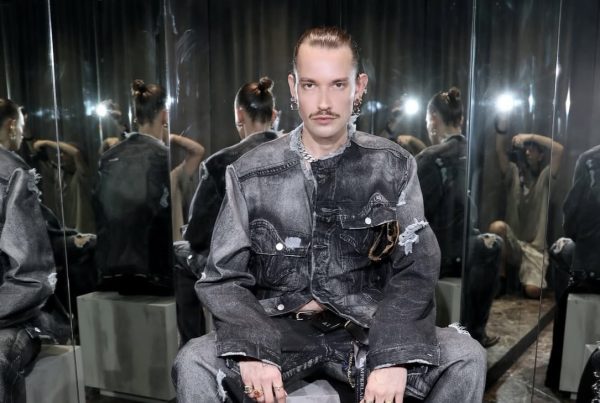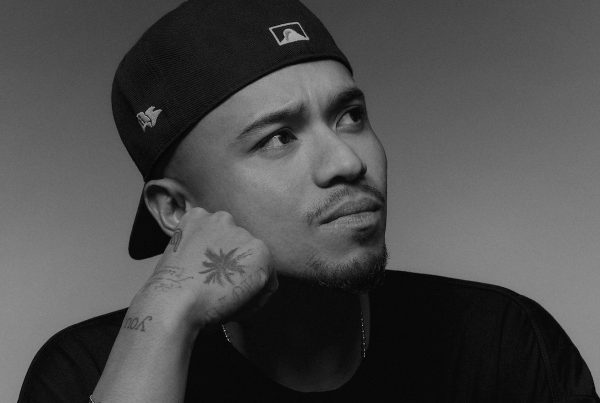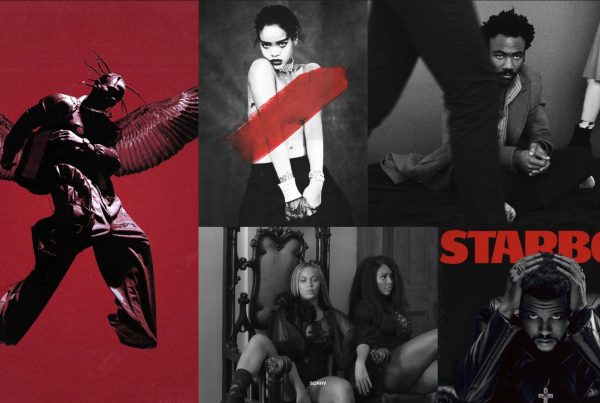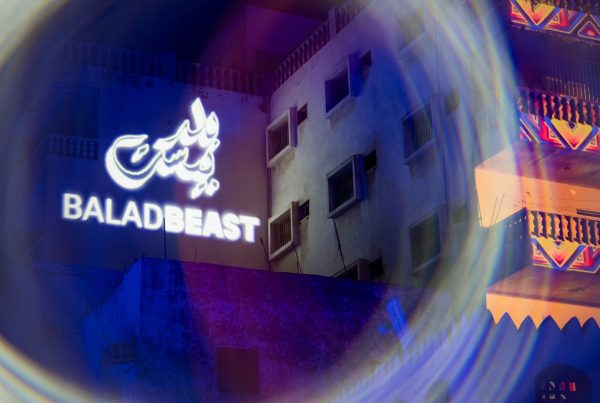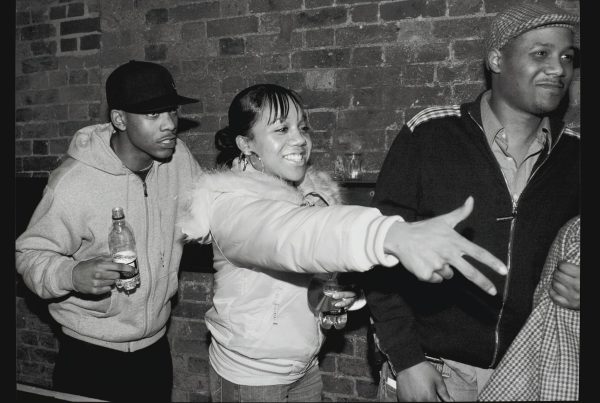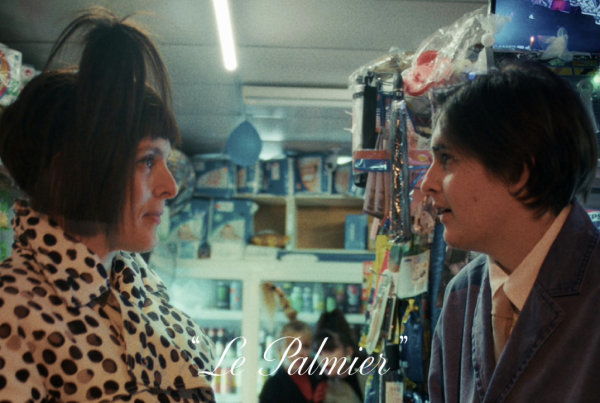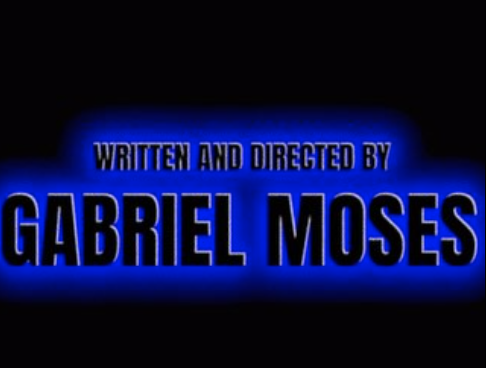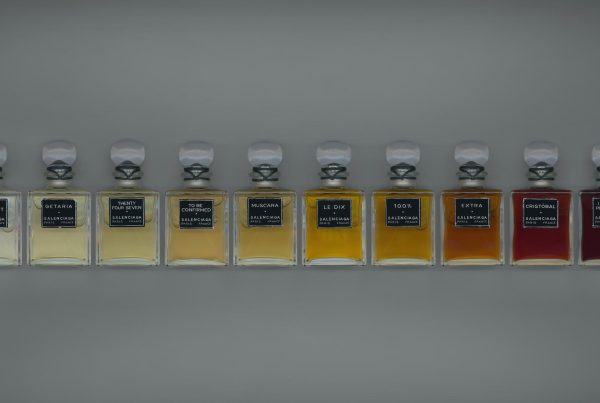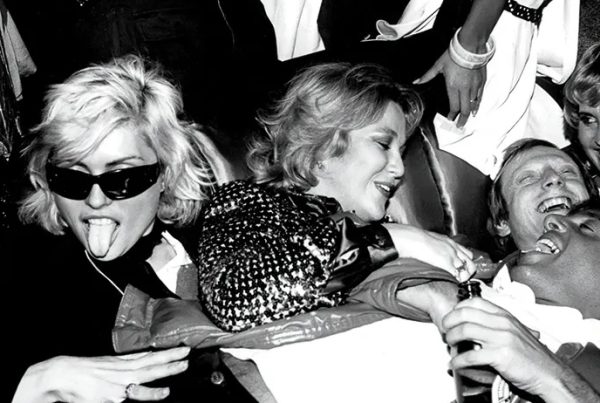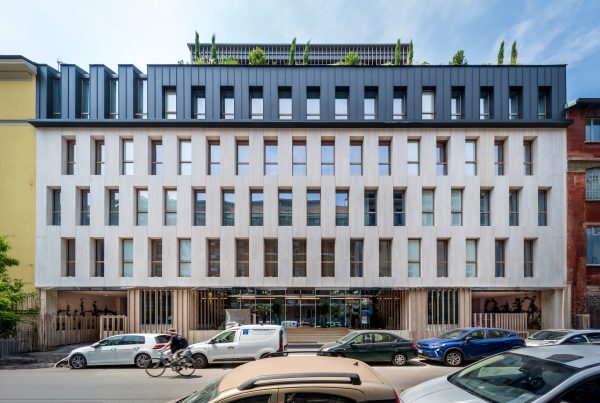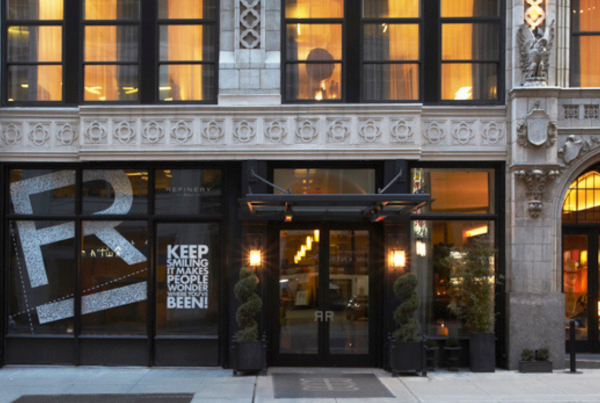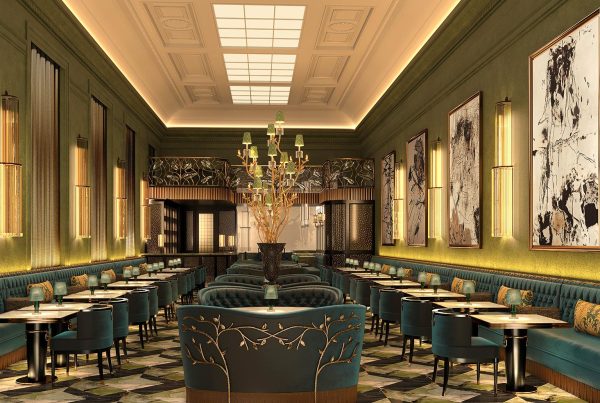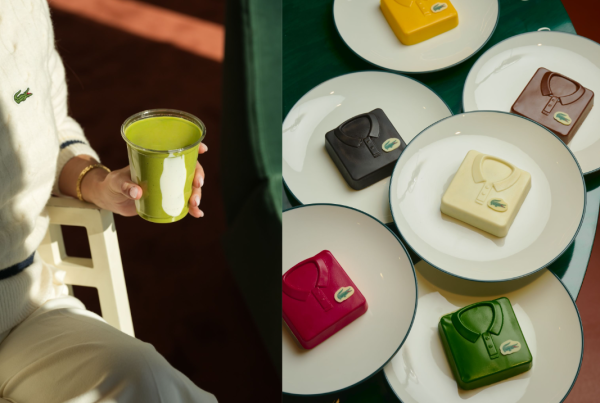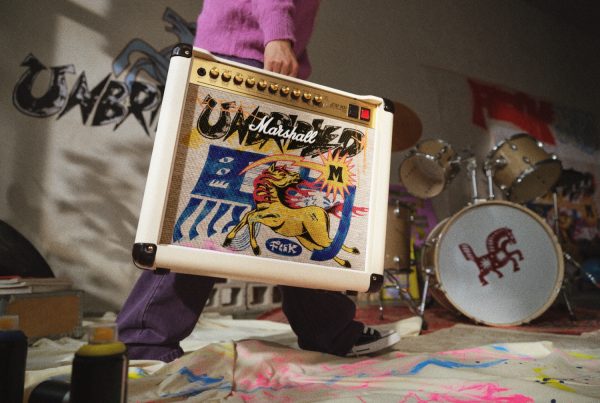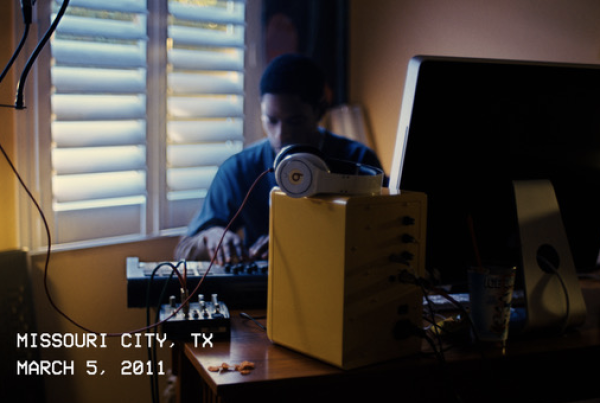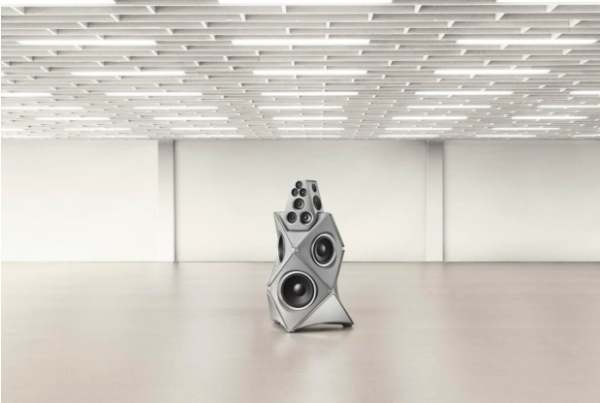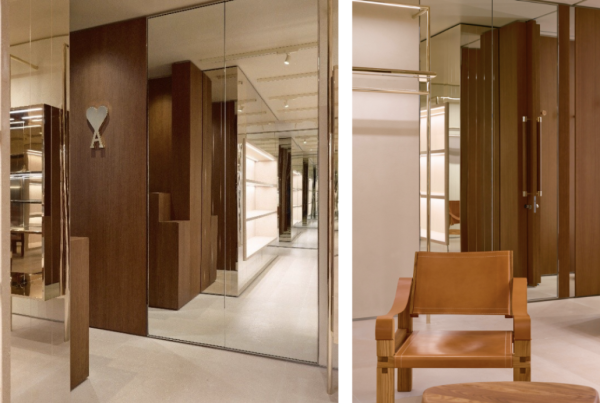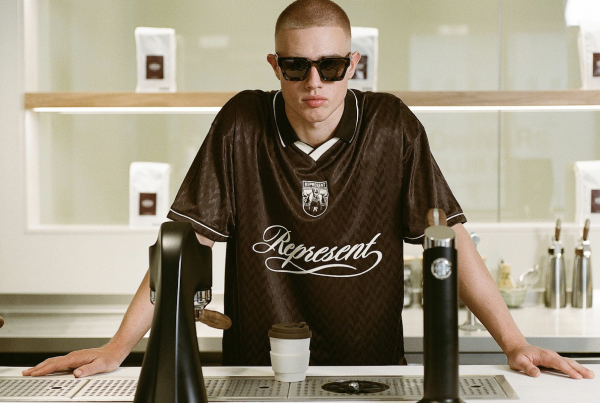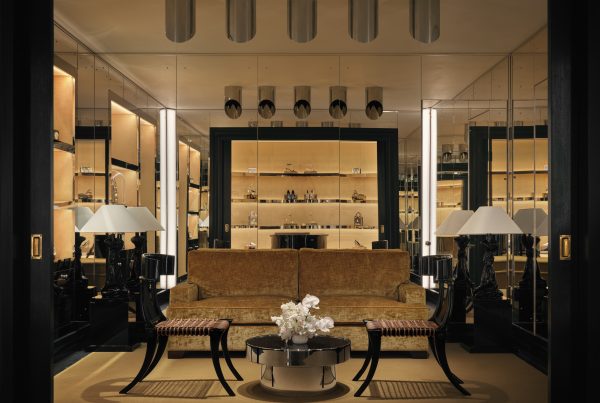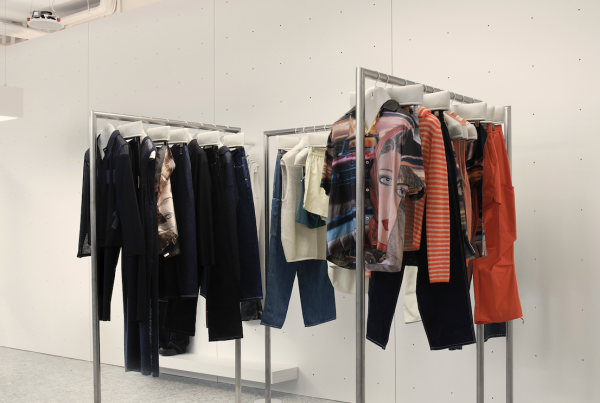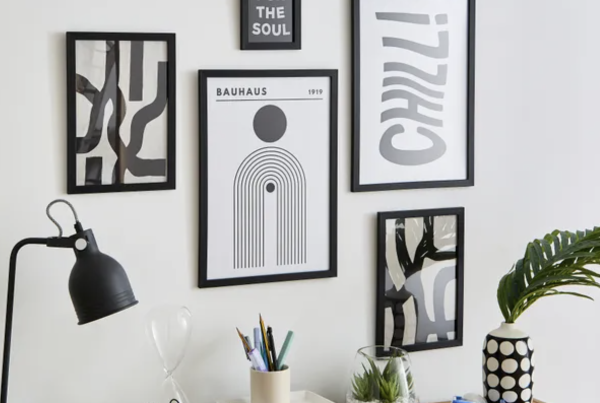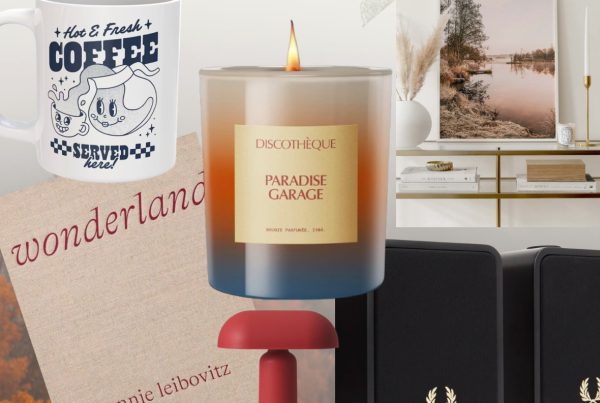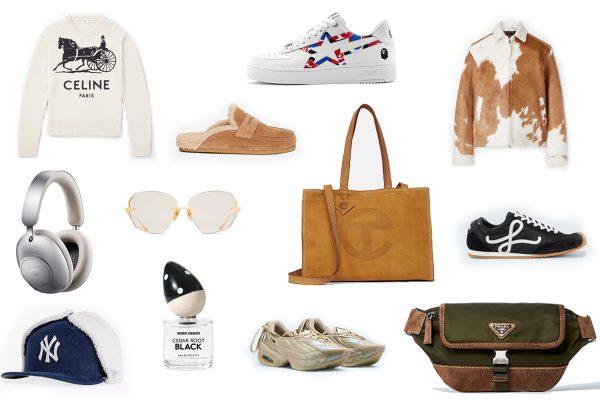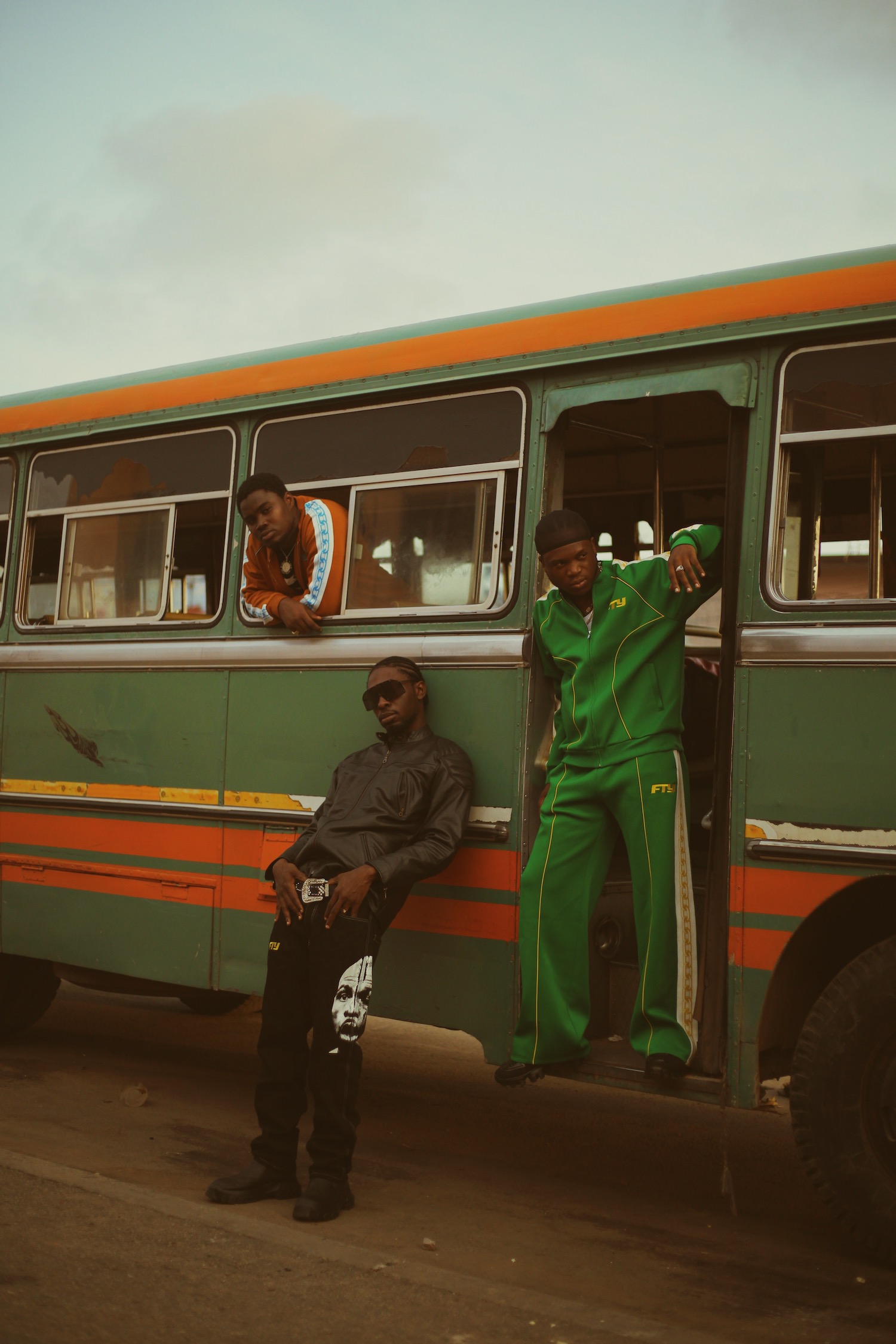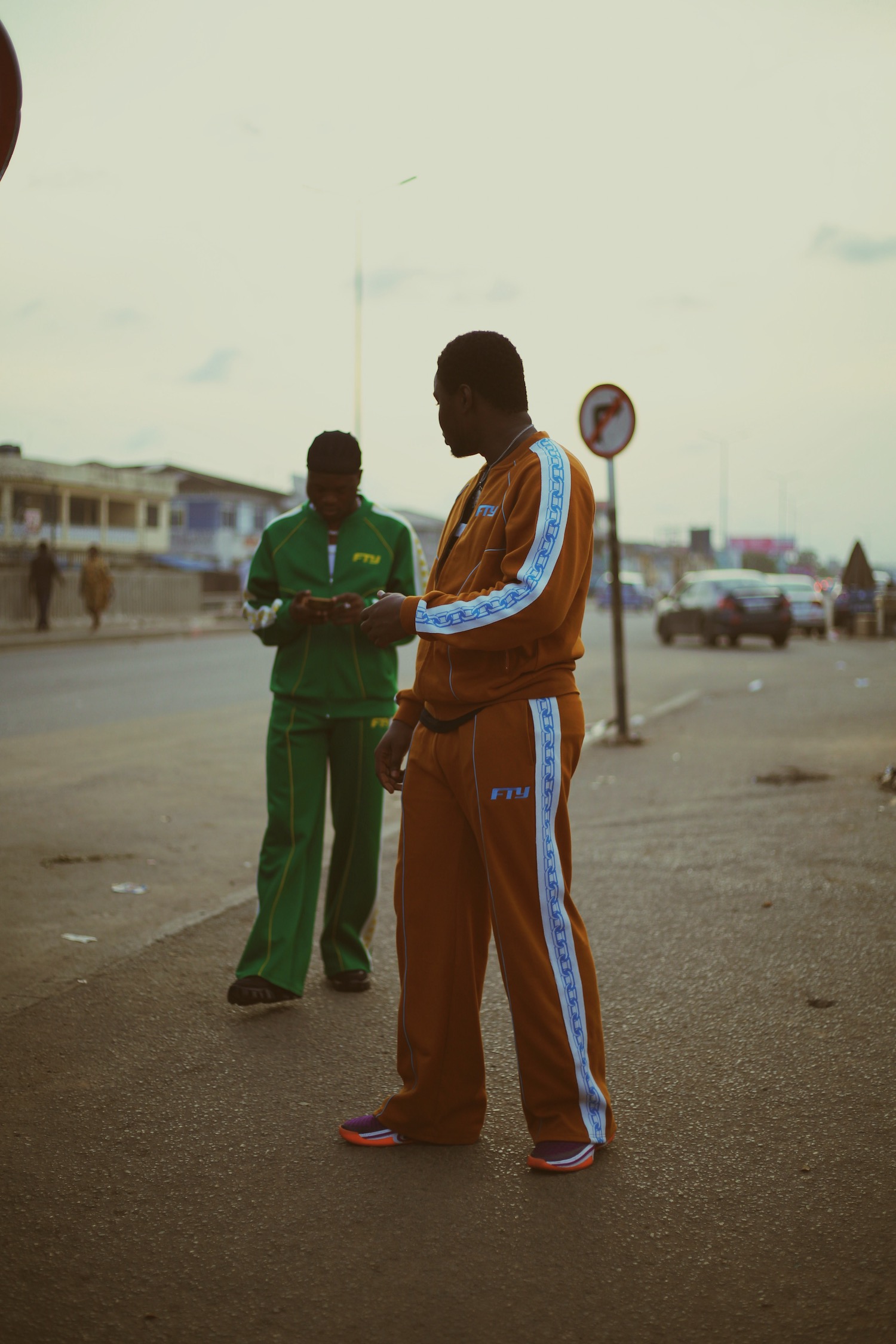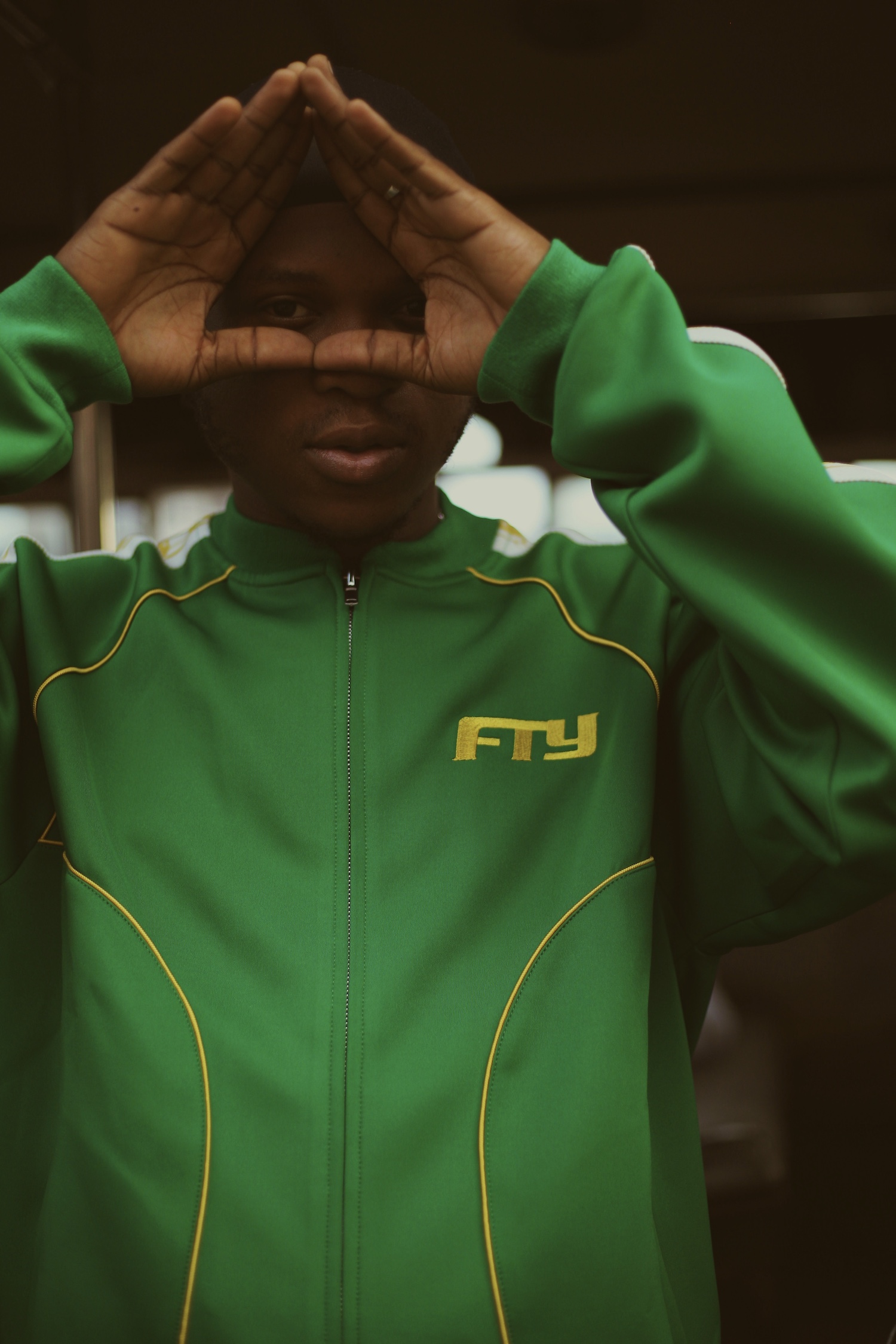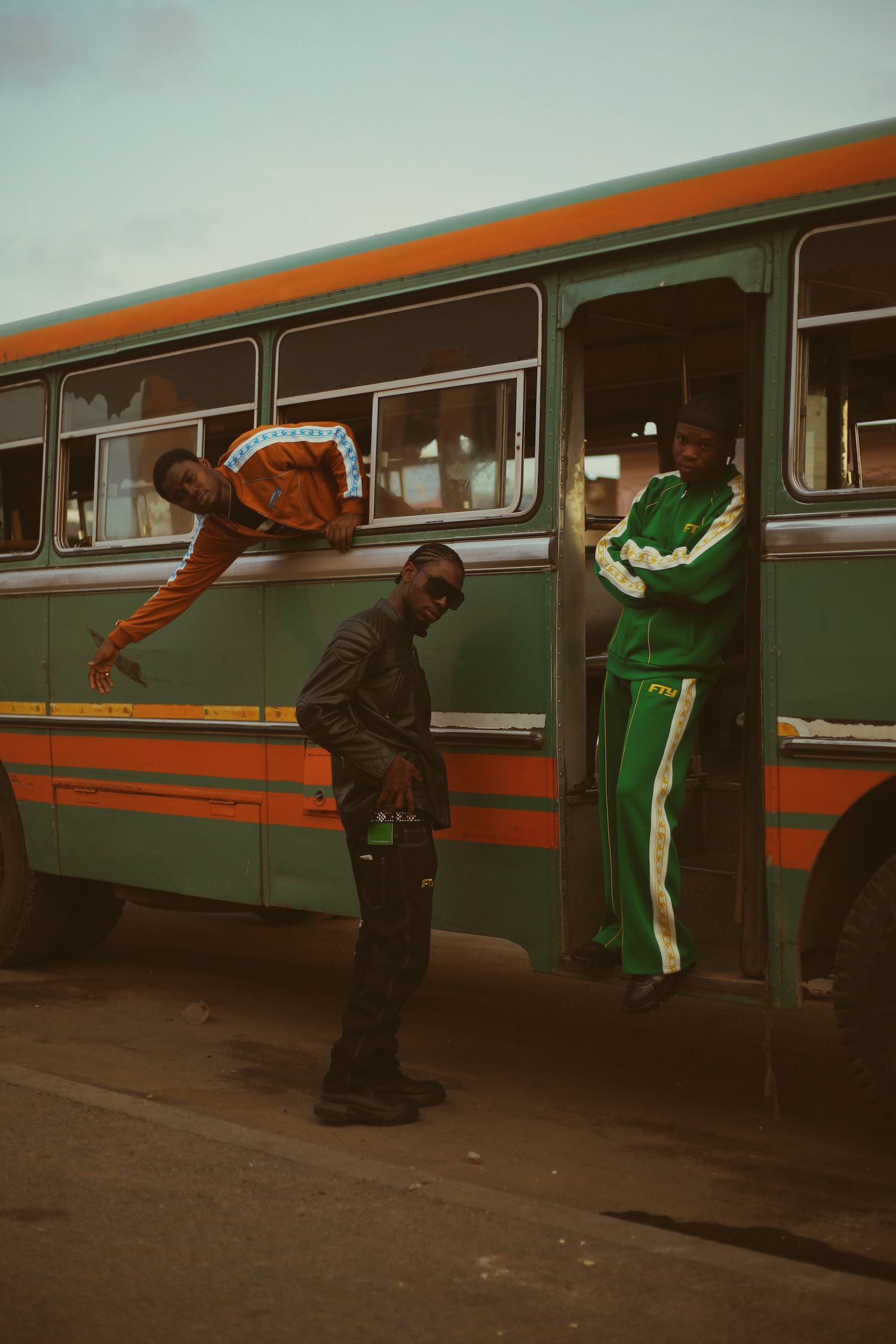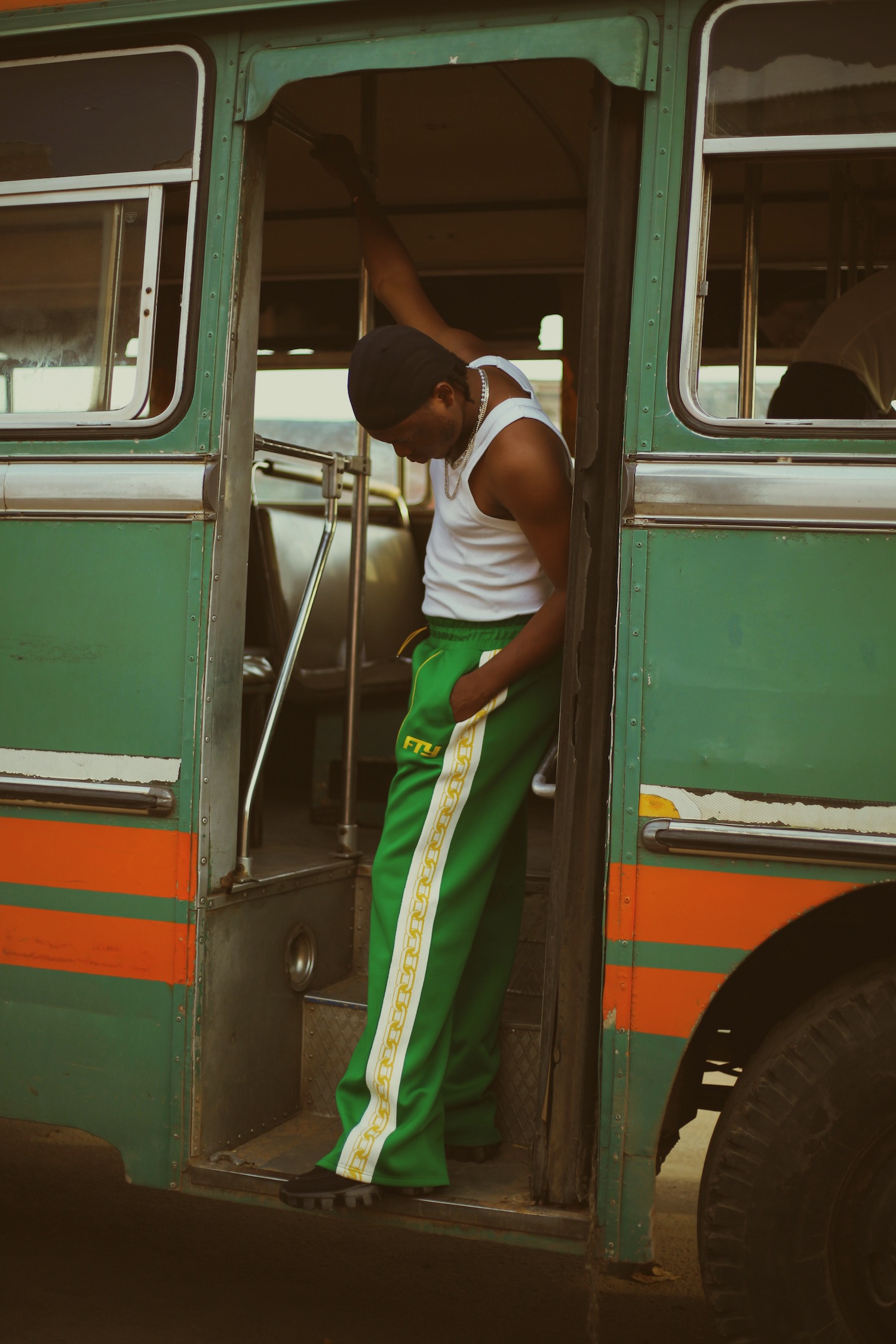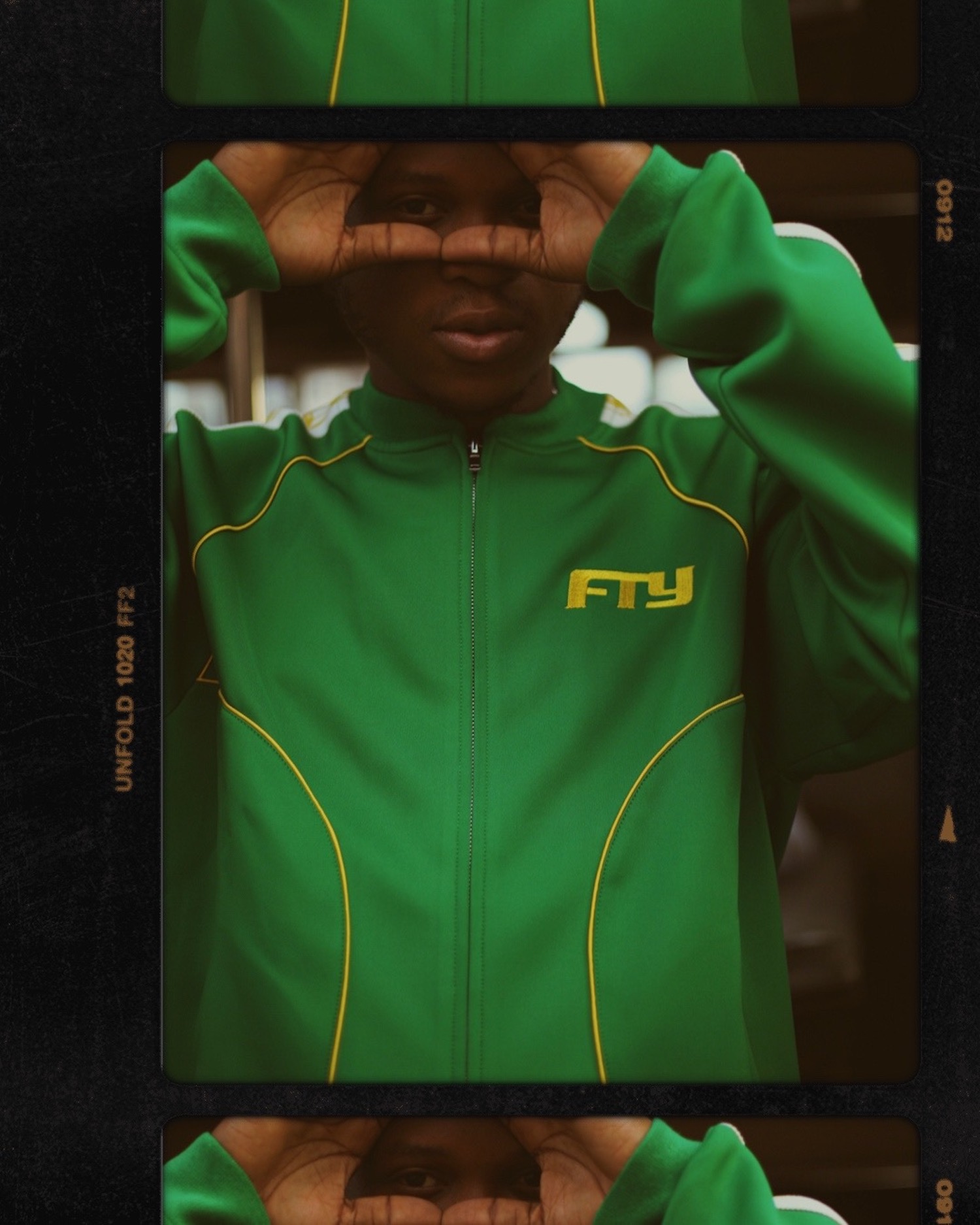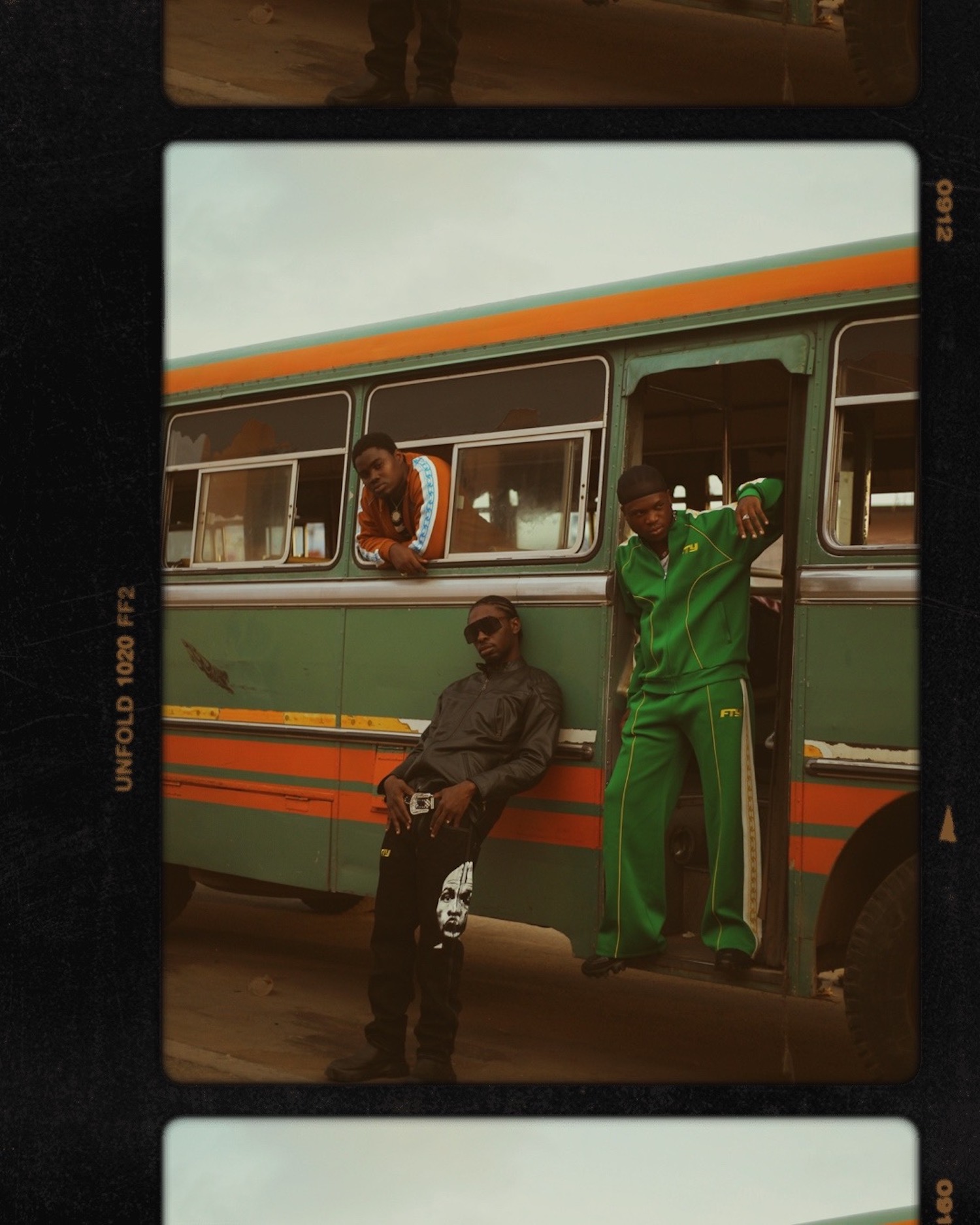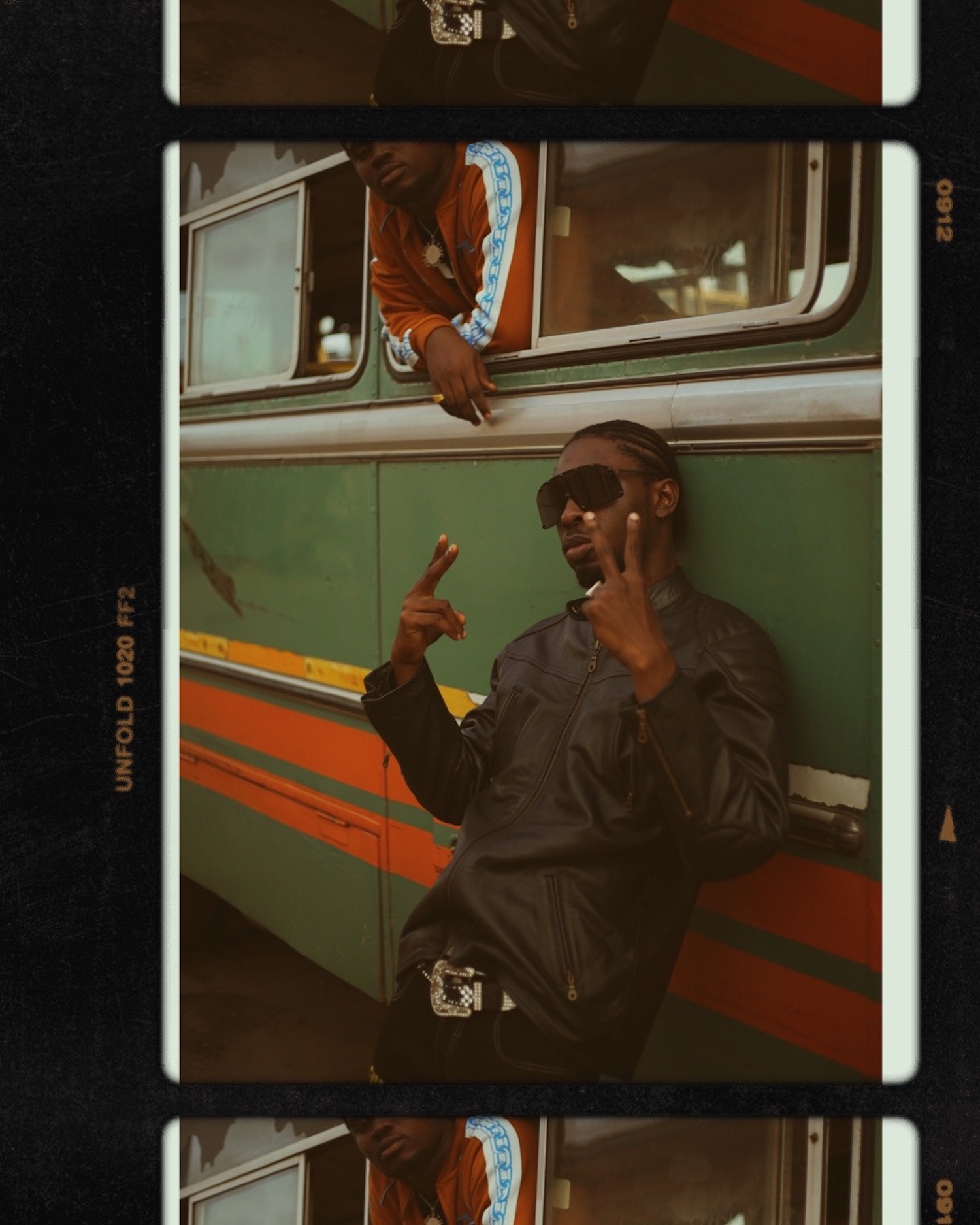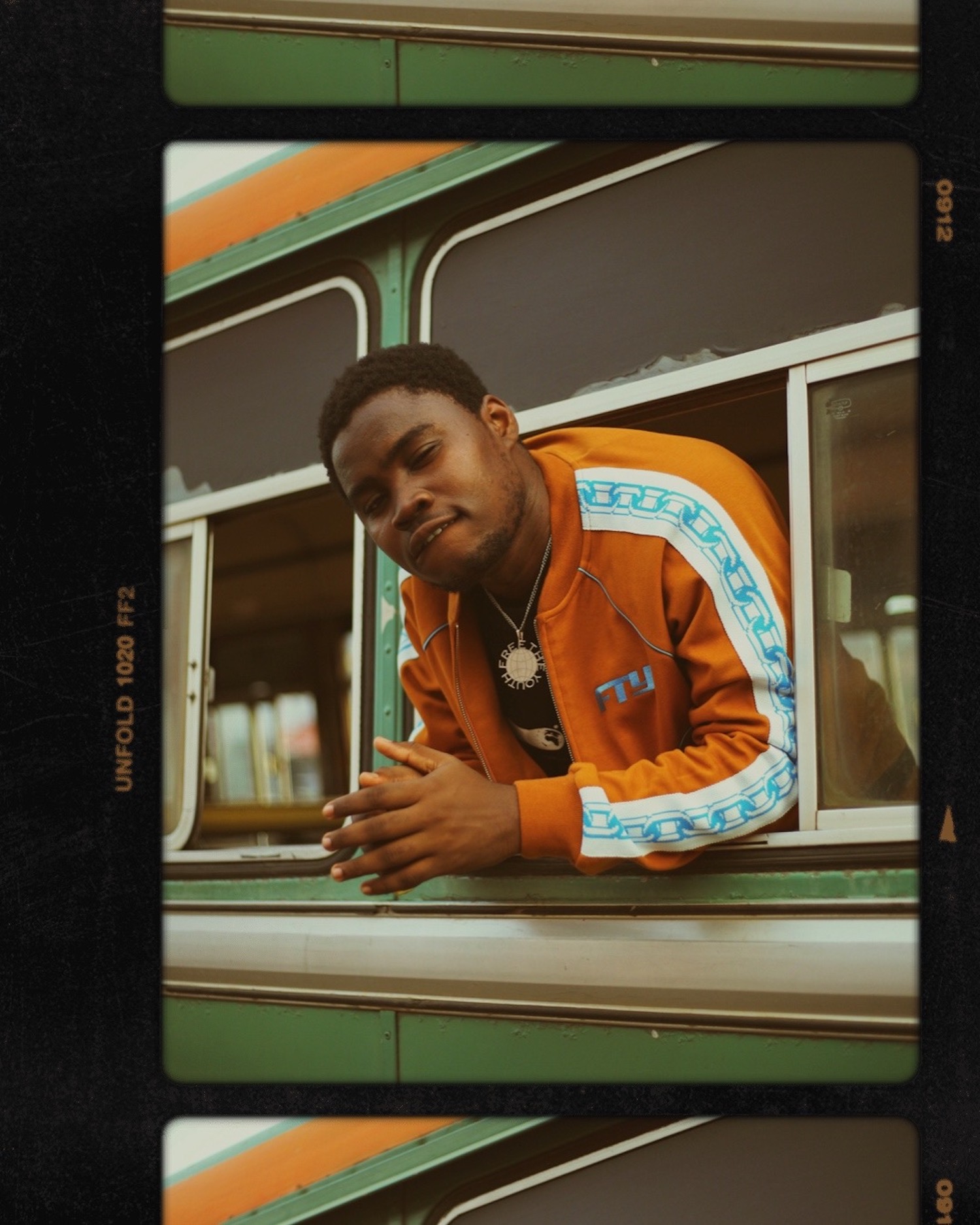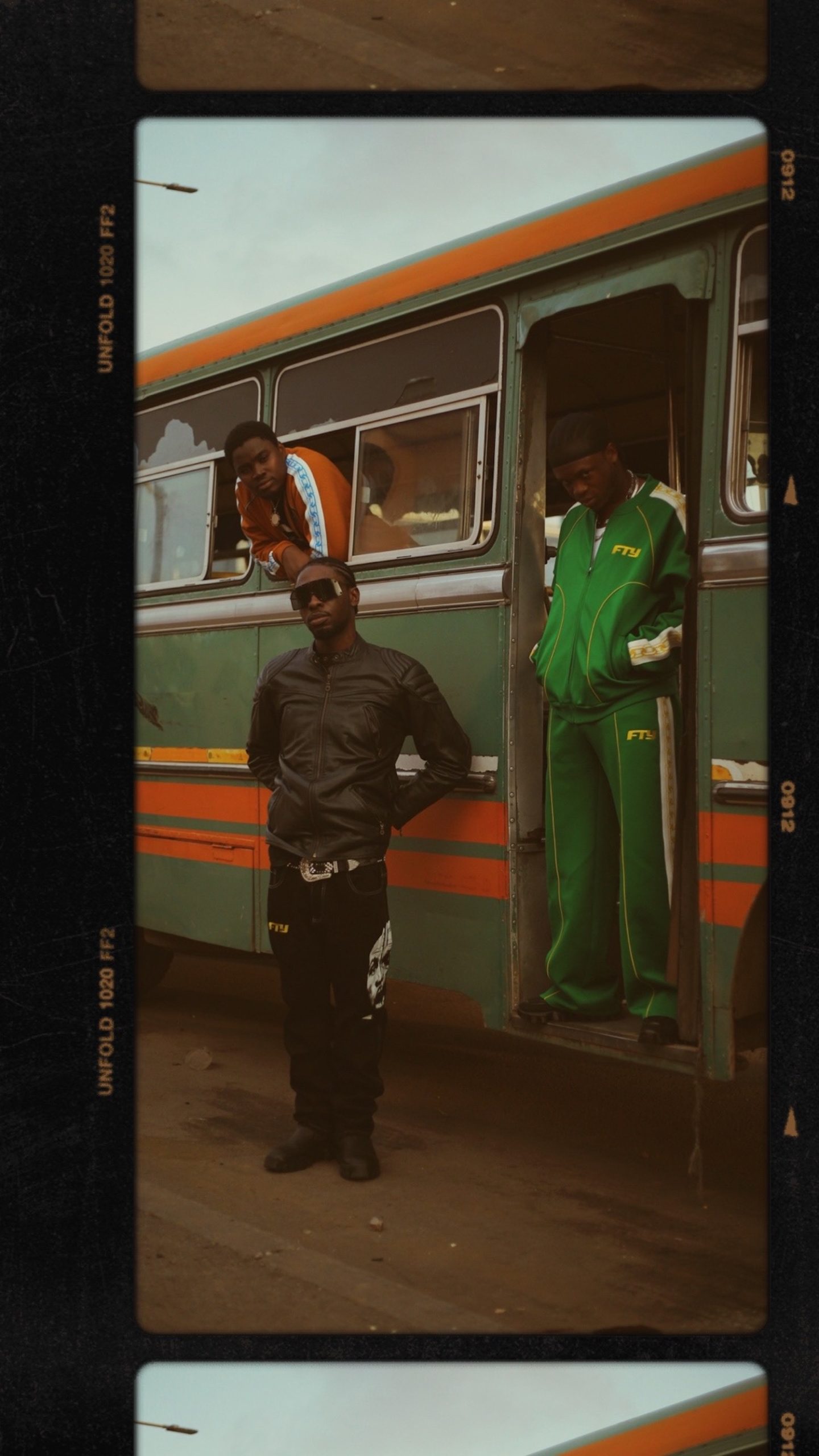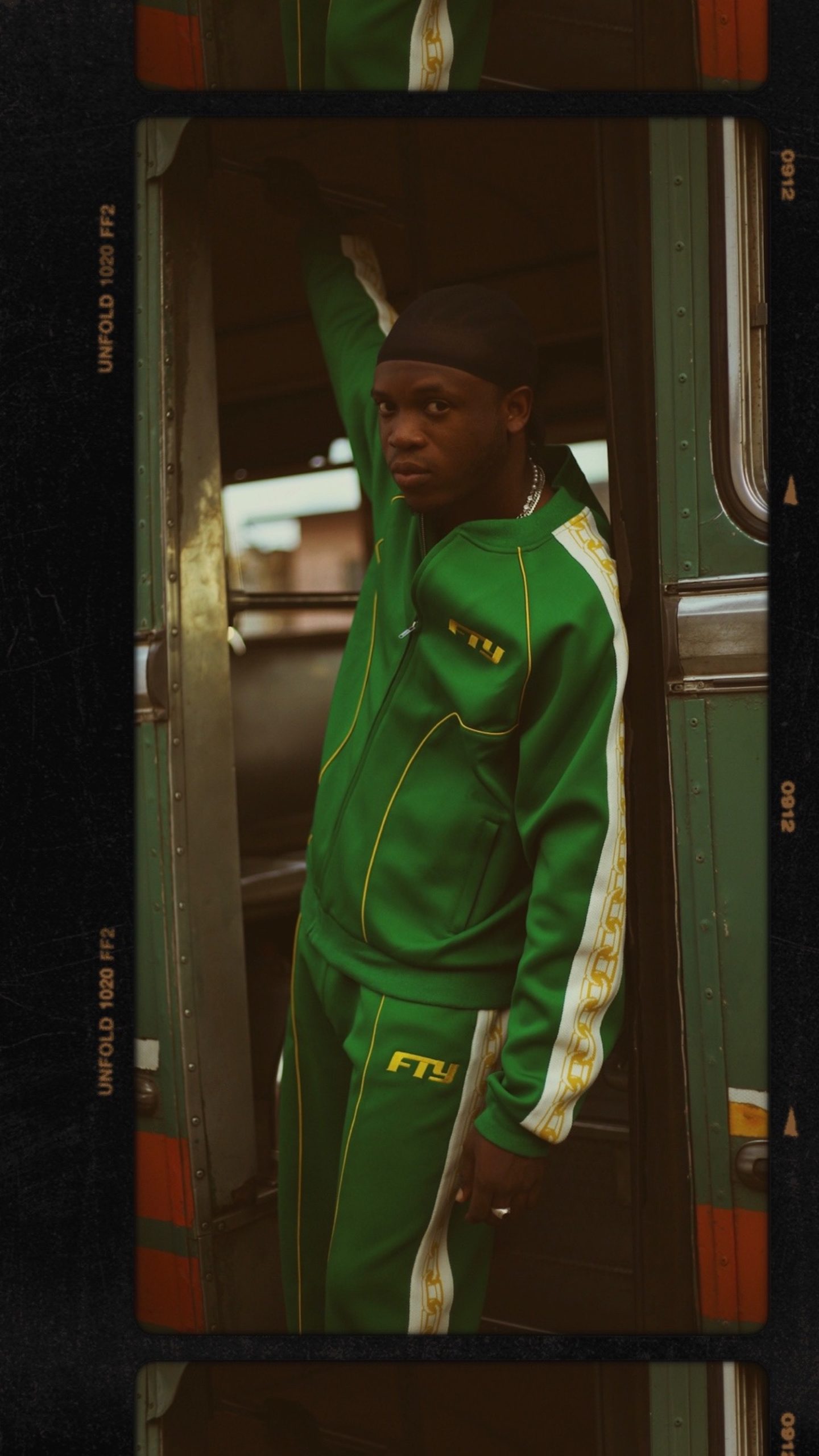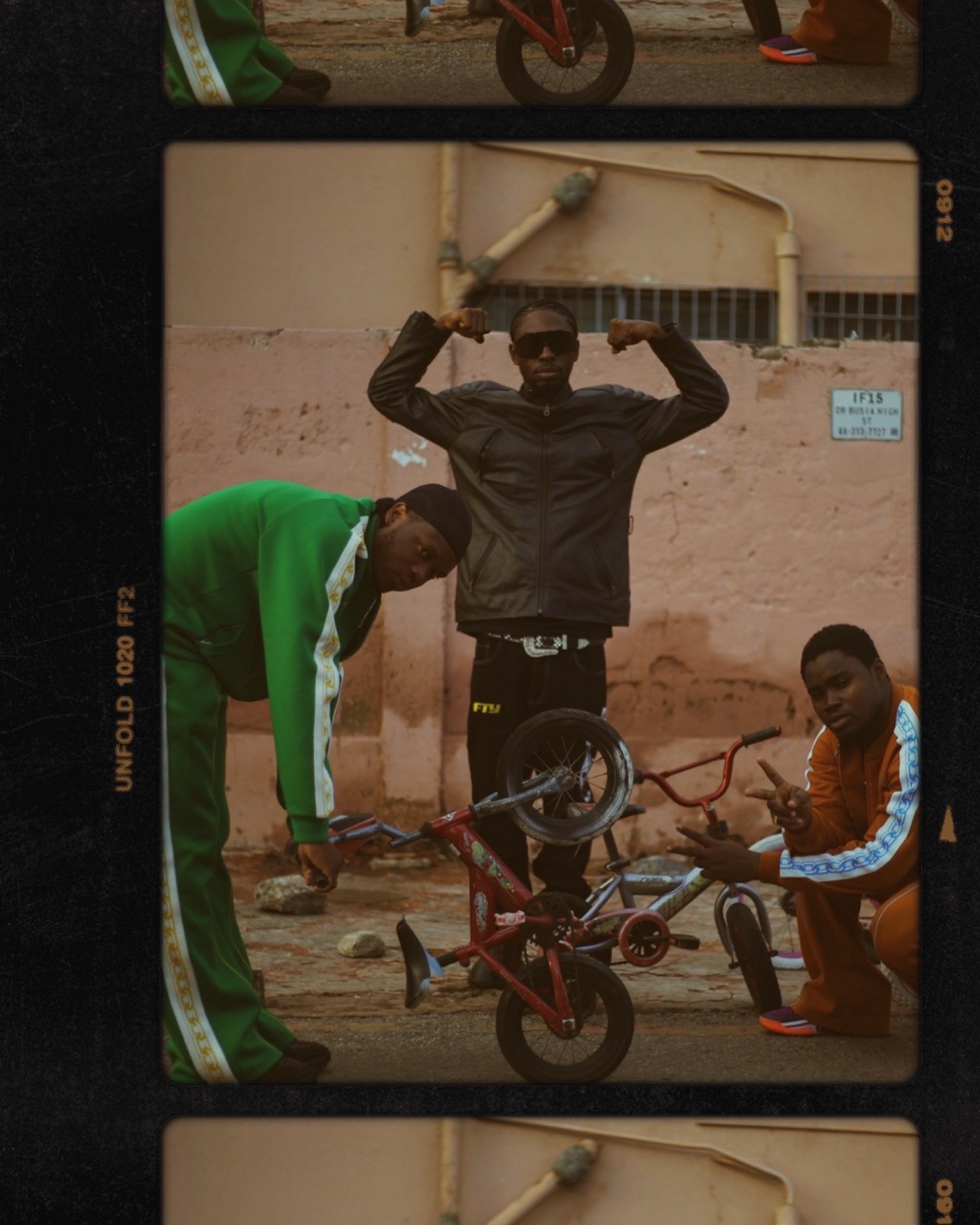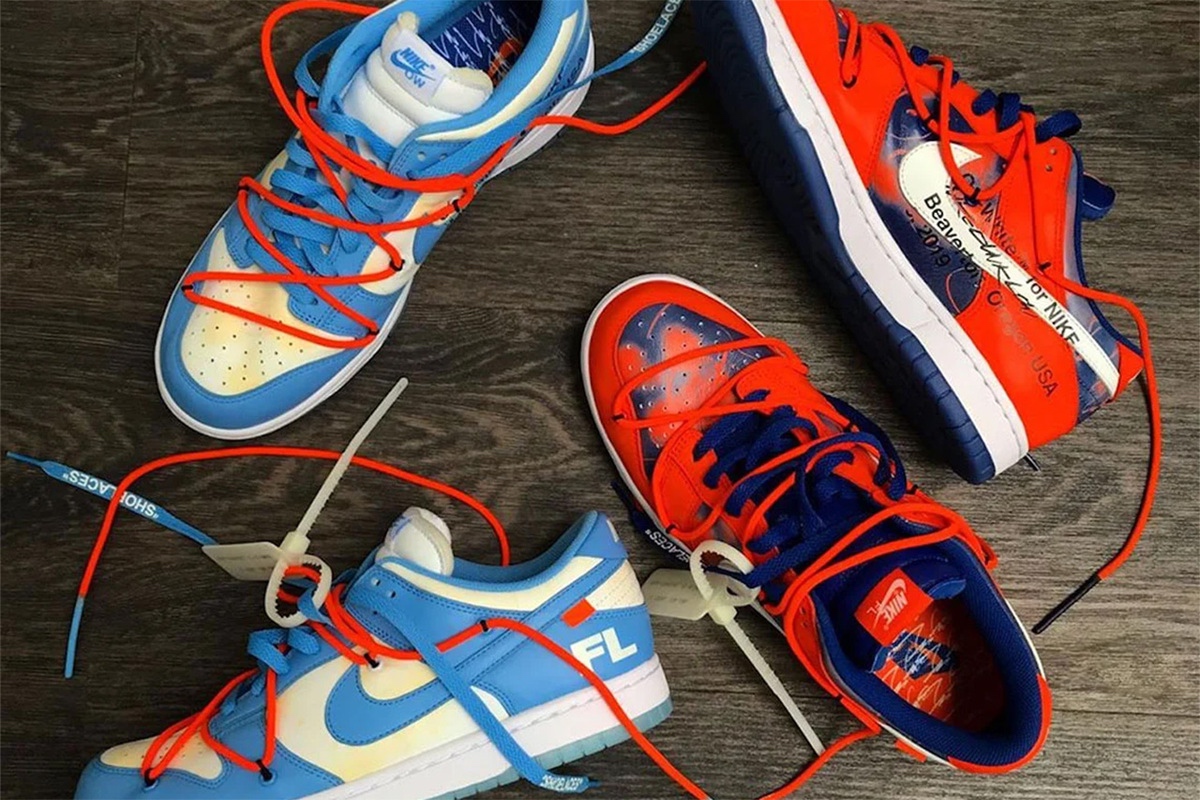From humble beginnings in Accra, Ghana, to the world stage, fashion entrepreneurs Free The Youth are paving the way for young African creatives in more ways than one. The 2013 formed collective are no strangers to the fashion world and PAUSE have sat down with the crew to talk early beginnings and challenges, the Ghanaian streetwear scene and the impact of the internet, as well as what ‘Free The Youth’ means to them. Check out what they had to say below.
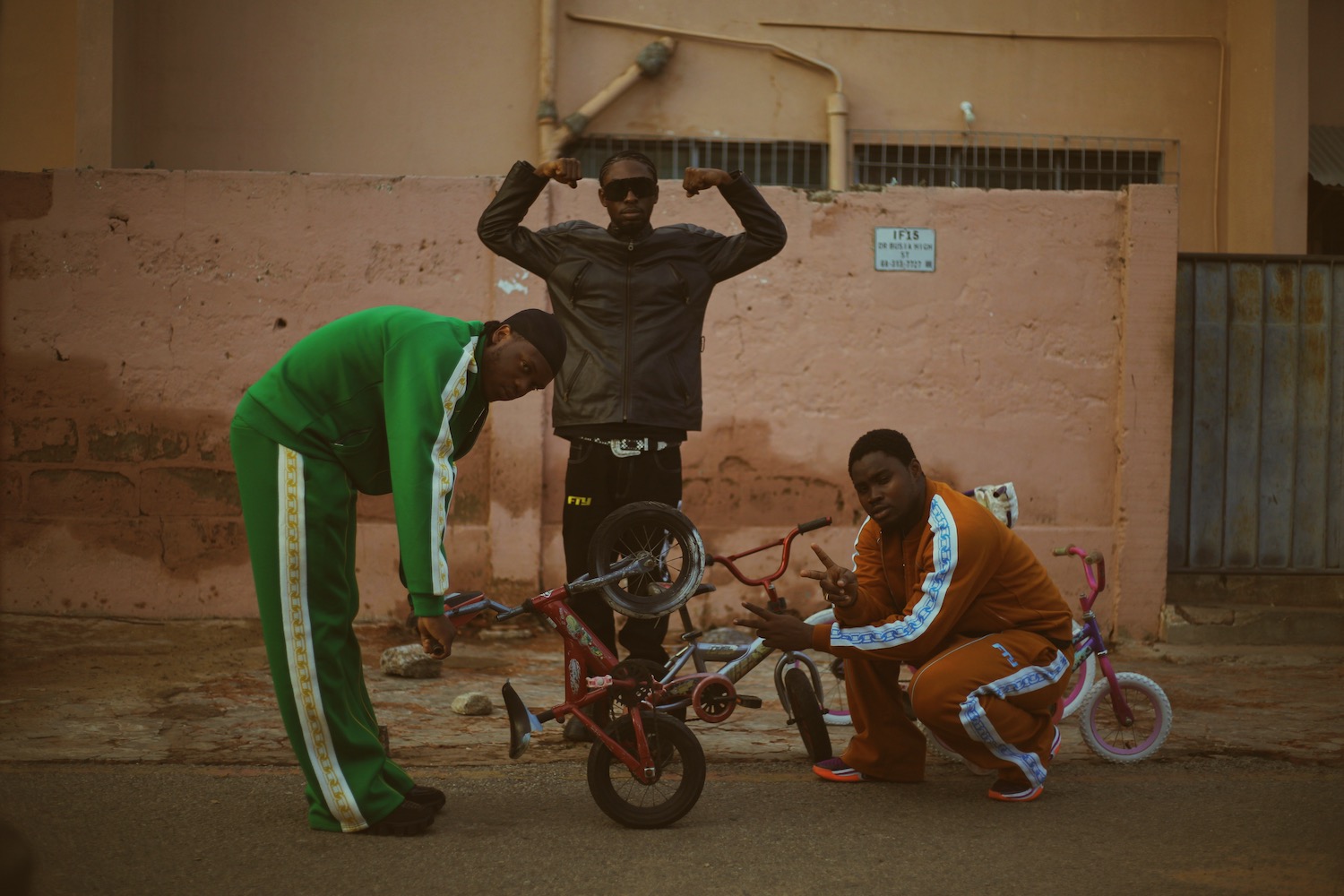
Creative Direction & Photographer: Kweku Yeboah // @kweku_yeboah1
Film Director: Kumi Obuobisa // @kumi_obuobisa
Interview: Johnson Gold // @Johnson_Gold
Brand: Free The Youth // @FreeTheYouth_Ghana
Featured Team Members: Kelly Foli // @kellykurlz, Kweku Maposh // @kweku_maposh & Joey Lit // @joey_lit
All Clothing: Free The Youth
Take us to the beginning before ‘Free The Youth’ felt free and alive today, how did you all individually personally feel about streetwear in Ghana before you was doing what you’re doing today?
Streetwear in Ghana was just people wearing cool clothes and going to take a picture, but there was no culture to it. We saw this from afar and were like, “Yo! With this happening, we can add a culture”, because all streetwear should have a culture behind it. That’s how we thought of it, we wanted to add a culture to whatever people were wearing. We could explain what people were wearing and add more meaning to it, so yeah, that’s how we felt when we started.
We were already on Tumblr and some other lowkey platforms and we just wanted to showcase the good side of Ghanian style, you know, in terms of our architecture. When we watch international TV it’s all about hunger, war, or some f*cked up sh*t so we wanted to just showcase how beautiful Africa is through street style and through culture.
What year was this?
Around 2012 or 2013. We were just doing street style before the brand.
When you had Tumblr, was that with Free The Youth?
No, it was individual. We’d take pictures at cool places and nice locations so that people around the world would know that Ghana is not a place for war or poverty.
Everybody thinks that Africa is that, but we just wanted to change the narrative.
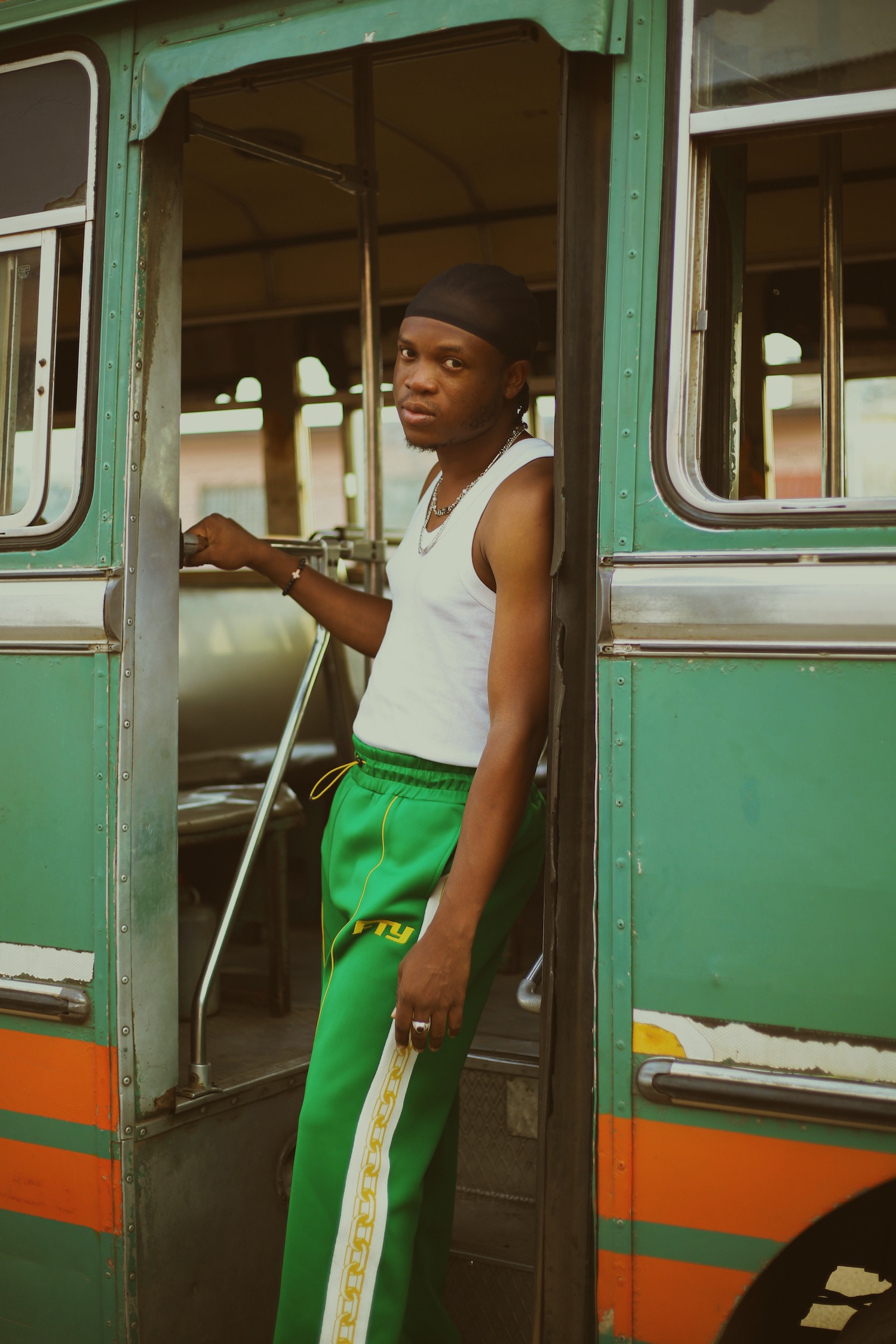
How did you all meet and form your brotherhood collectively?
Everybody had their own individual style, we were all doing our own thing, but we were all seeing each other in the hood, you know. We all came from the same hood, so at that point, you have to combine powers because out of say 100,000 people in Tema, we understood what was going on so we had to come together and combine our powers.
It was literally like, you’d see this person wearing something and be like “Ah! How did you get it here?”, and from there the chemistry just clicks like that, but Kelly and I went to the same school.
You guys have really broken boundaries, coming from Ghana and showing that a brand like yourself can exist here in Accra is incredible. What is the challenges a streetwear brand can face building its way up in Ghana?
Building up in Ghana we all know that our final touches are not the best and also the production is difficult too, you don’t even have a production team that can manufacture, well they can, but the finishing will not be the best. That is one of the challenges that we face in Ghana.
We want it to be made in Ghana, or made in Africa, but that is the challenge we are facing because some things can’t be made out here.
We try our hardest to produce as much as we can here.
To get people to understand what we were doing was one of the more difficult things, like how it was a concept that you have to come, shop, and network. The whole culture. For people to understand that was very difficult.
Taking pictures in spaces as well, people would say “Nah, you can’t take pictures here. You can’t do this here.”
Even just from home when you pick your bag up and your mum asks you where you’re going, and you’d say “I’m going to take a picture”, she’d say “No, are you crazy!”.
I suppose in the West, in London, that’s a bit more normal, but here they’re not understanding it.
Now it’s changing. Now, I see people running for a photoshoot to take pictures for other people. It’s changing.
Two or three weeks ago, there was a fashion show here and you should know that people here are starting to get to know how this works and it’s a great pleasure.
Also because of kids showing our pages and profiles to their mum and saying “This person is doing the same thing I’m trying to do”, it’s changing bit by bit. It will be a long process, but we’ve seen some progress for sure.
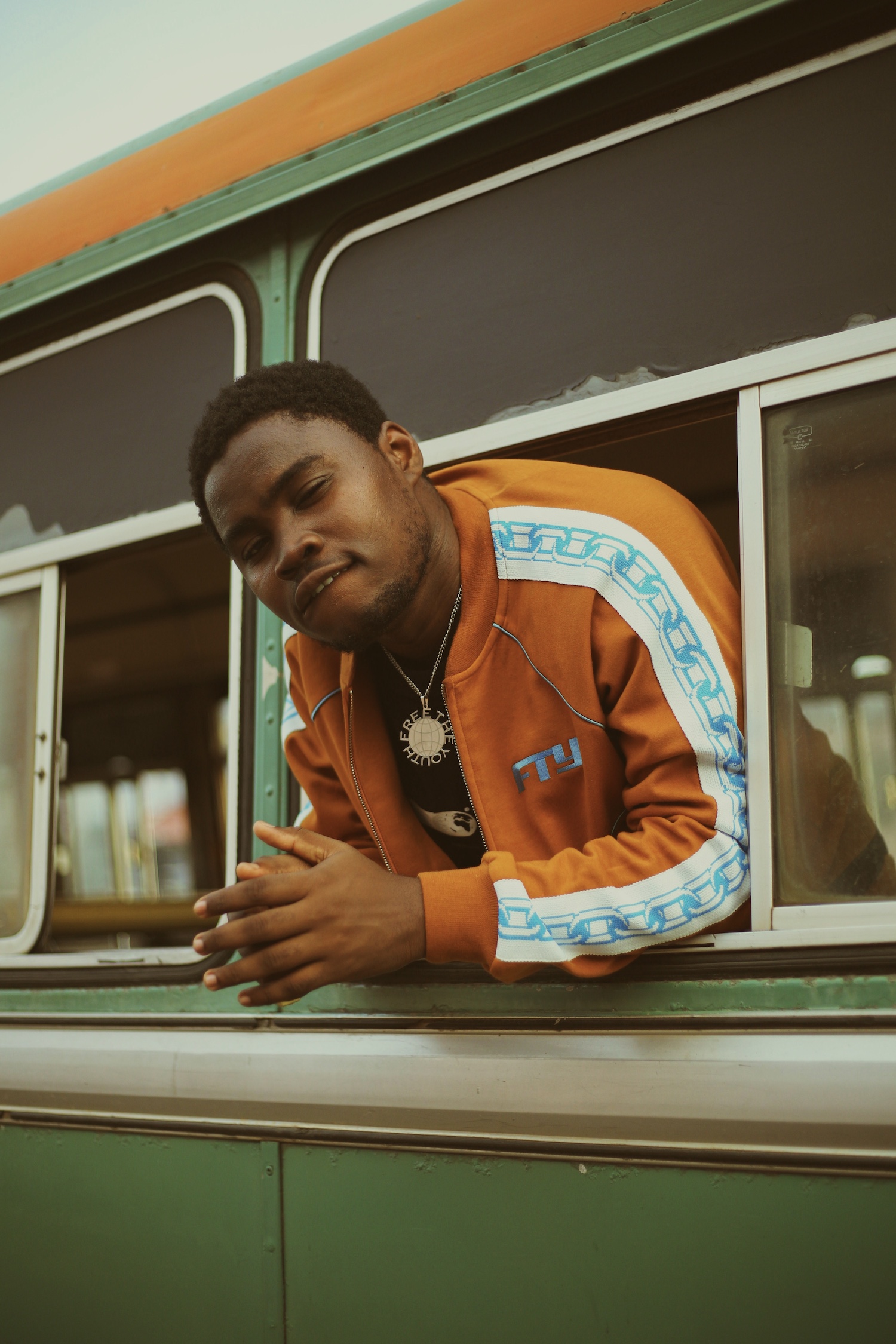
How has the internet played a part in the brand’s success and do you guys think you would be here today without it?
We wouldn’t be here today without the internet, no.
Regardless of the internet, we were still working hard, you know. Even without the internet, I was giving my all and so are the rest of us, and if you give your all, trust me.
You can’t fully depend on the internet.
The internet is just a finished product that people see, like they don’t see what goes on behind the scenes. It’s crazy.
The whole plan was to find a way to be known on the street before the internet.
What does ‘Free The Youth’ mean?
Free The Youth means when you’re told you need to go school before you can become somebody… no. If you can make good use of your talent, utilise your talent, then come back and watch your family. It’s just about utilising whatever you have.
I want to ask you a question. Are you free? Free to do everything you want to do?
Yeah! Even to be here in Ghana and do this, I feel free. There’s people in London that are trapped, they can’t even take a flight to come and do something like this.
That is the narrative that we’re trying to change; why can’t you do something on your own? What is stopping you?
It is important for all Africans.
When we say ‘Free The Youth’, it’s not about an age group or something, the youth is you.
You guys are about to launch your first flagship store in Accra, Ghana. Congrats! That’s a huge achievement. Was this something you guys had planned in the pipeline when you started the brand? Did you envision a physical store in Ghana?
Yeah! We envisioned it, but we didn’t know when and where. In the beginning, it would just get discussed, but we didn’t know where and when it would happen. We really only finalised it last year, saying “Yo, let’s go all in.”
We are also trying to give young people a space where they can come and feel comfortable, network, have discussions. We just wanted to create a safe space for young people, because it’s a very corporate space with big banks, huge hotels.
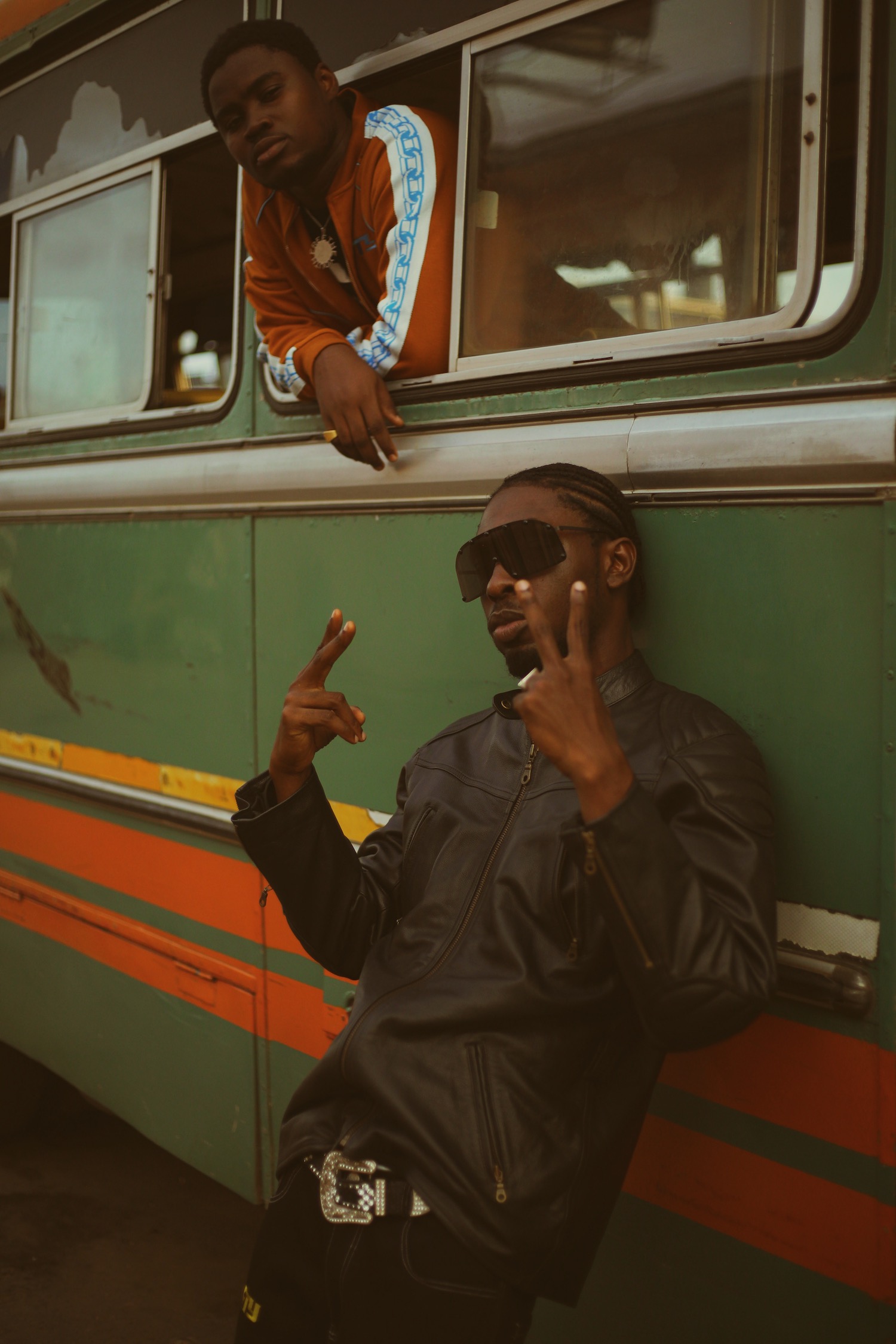
You guys use freedom of expression in your garments, “Taxis Not Allowed” and “BLOCK HIM”. Tell us more about what you guys are trying to voice here?
I think there are a lot of stories to be told and we’re privileged to be here. I know the next generation is going to come in and continue this.
With ‘Taxis Not Allowed’, we naturally made this for skaters. Sometimes when you want to skate in Ghana, most of the roads are not good like that, but these corporate buildings and surroundings are very good to skate in. Even if taxis are not allowed, who are you to go in there and skate? They don’t even permit taxis, so they should give us that freedom (to skate). That’s why I like ‘Taxis Not Allowed’.
What three words would you use to describe the brand’s customer profile?
I would say joy, pain, and free. We have one pain and we put that on cotton.
What do you mean by “pain on cotton”?
It’s like, the clothes we are selling aren’t just clothes. We are preaching. Some people put their pain on a beat, but we put ours on clothes.
With Virgil Alboh being a Ghanian designer and channelling luxury streetwear, how did his success inspire you all individually?
Virgil was like our big bro, you know. We were actually doing a lot with him outside of fashion.
He was always giving us advice, making sure we were good. Even though we didn’t get a chance to meet him, he’s played a big role in us, even our store opening now. He’s also from Ghana and he has like 12 stores around the world, so he’s inspirational. Now, he’s going to inspire us for the rest of our lives.
RIP Virgil.
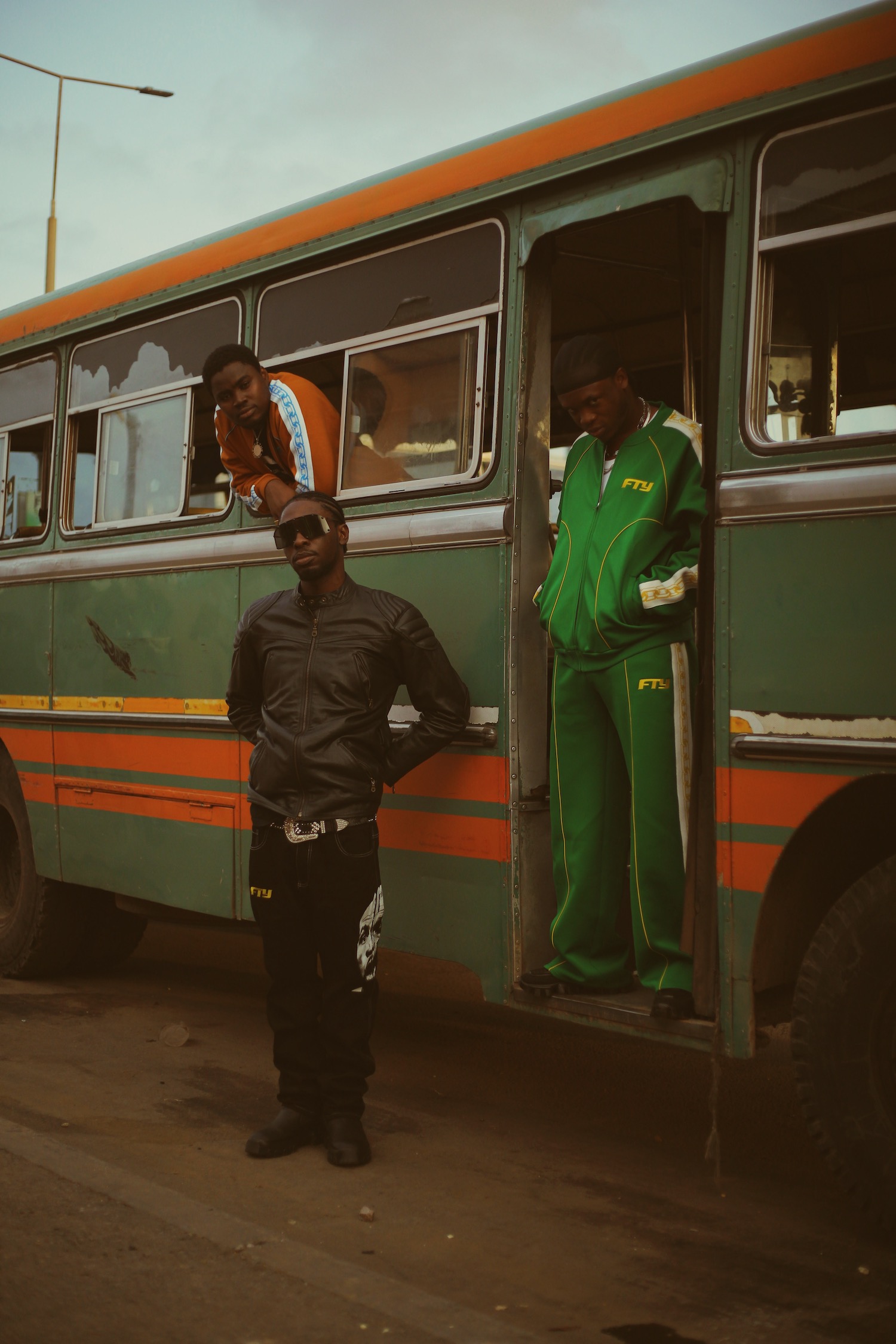
What tips and advice would you give to a young African streetwear brand or person trying to start a brand? How can they make it in their own small town?
Just do what you are envisioning, just focus and just do whatever you want to do. Don’t listen to the bad vibes, just listen to the good ones. You have to hold onto those good vibes and focus on whatever you want to do.
Create a community and be consistent with whatever you want to do, because I’ve seen people that are really talented but they stopped. What really helped us is that we didn’t stop, even when we’ve had moments where we’ve almost stopped. Create a community with like-minded people and don’t stop.
Get yourself a solid team and have one goal. It is difficult to get a team, but once you get them, it gets easier like that. Just a team with consistency. A goal is the most important part.
As challenging as it can be in Ghana, how do you not stop? Because you said there were moments where you almost stopped.
If you know the vision and you know where you’re going, nothing should stop you.
Why did you start? That is the whole question.
Anything you get hold of, make sure you utilise it because it will pay off for you.
What’s next for Free The Youth?
World domination. The brand is for Africa, so we’re trying to make it an African empire and then go for the world.
Sometimes you don’t say what’s next, you let the work speak for you. Yeah, the work is going to speak for itself. It’s crazy.
How was your experience in December with the street festival in Nigeria and the homecoming?
I think first our experience in Ghana was mad, the audience, the enthusiasm we had… it was mad. I wasn’t even expecting the numbers that we had, I mean I did, but it was crazy. Also, the festival in Nigeria was sold out. Nigeria is like our second home, so we were in here and then they embraced us. The movement was easy, the people knew about the brand and all the stars came to our table where we were selling, so it was like a vibe… a connection. We didn’t have to go to them, they already knew the vibe. Homecoming was crazy too, you know.
I feel like they have a clear understanding of our community and it inspires us to open up more to them and do more for these other communities. We are planning on doing something in Nigeria, maybe having a store there.
Keep up with the latest from Free The Youth via their website the FreeTheYouth.net.
